Experts share their essential tips for a healthier scalp and longer, thicker hair
Your scalp should be handled with care because good haircare, starts with a healthy scalp
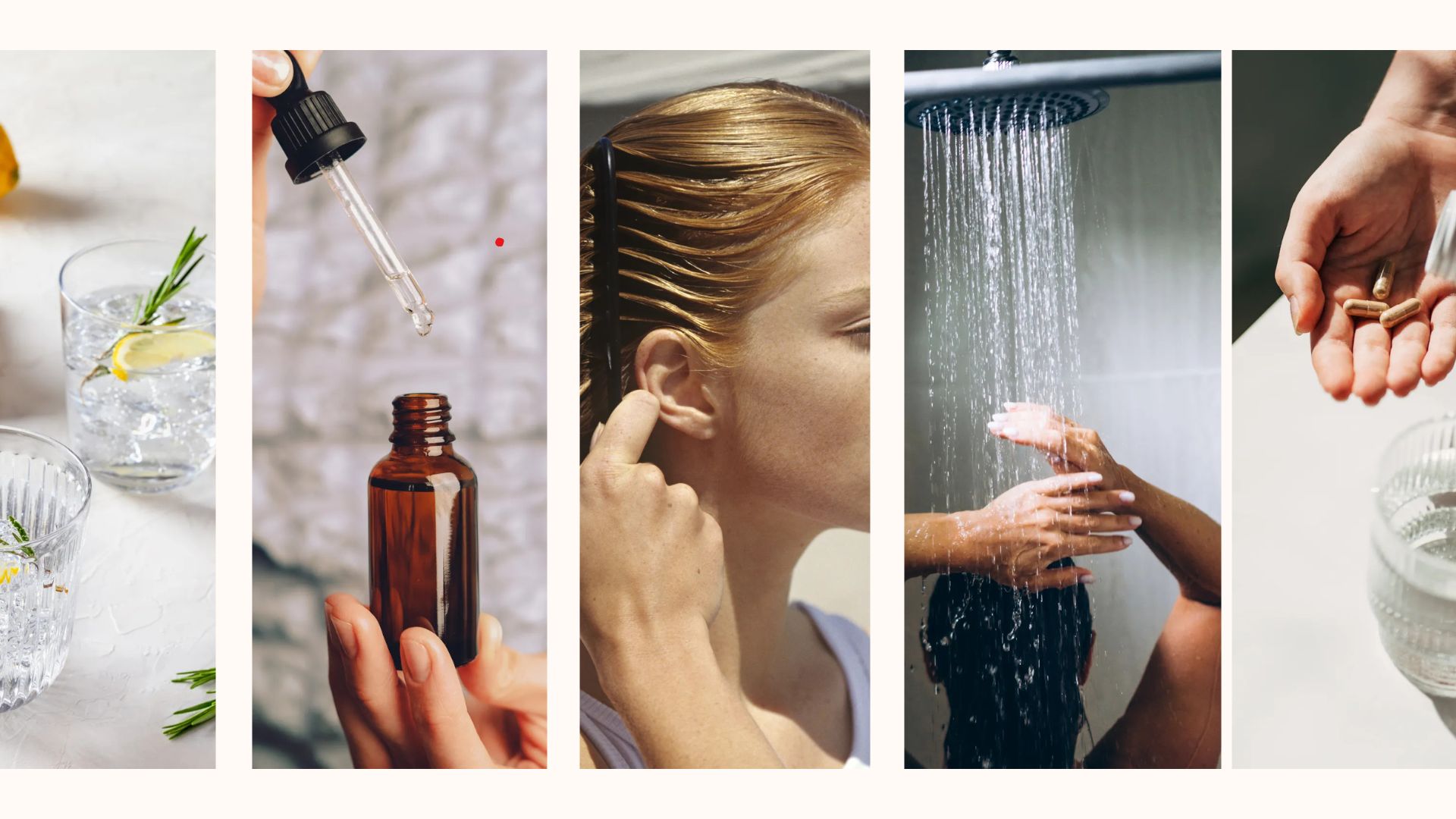

While many of us put time and effort into our skincare routine, scalp care can easily be forgotten. We asked leading hair and scalp experts for their tips for a healthier scalp, which in turn will result in thicker, stronger hair.
"The scalp is the flowerbed for hair and needs delicate care", scalp expert Keiran Tudor, co-founder of leading scalp care brand Centred, explains. When the scalp isn't balanced, we'll see signs of dryness or excess oil and, in more extreme cases, hair loss. "The scalp produces an antimicrobial and antioxidant substance called sebum, which acts as a skin barrier to keep moisture in and pollutants out and keeps the skin and hair healthy and supple," Deborah Maguire, a trichologist, co-owner of Love Hair salon and co-founder of Seed & Soul, told us. "Underproduction of Sebum is usually a sign of dehydration, resulting in dry, flaky skin."
We chatted with a range of experts who shared their tips to ensure your scalp is as healthy as possible, promoting hair growth.
34 tips for a healthier scalp and longer, thicker hair, according to experts.
Drink plenty of water
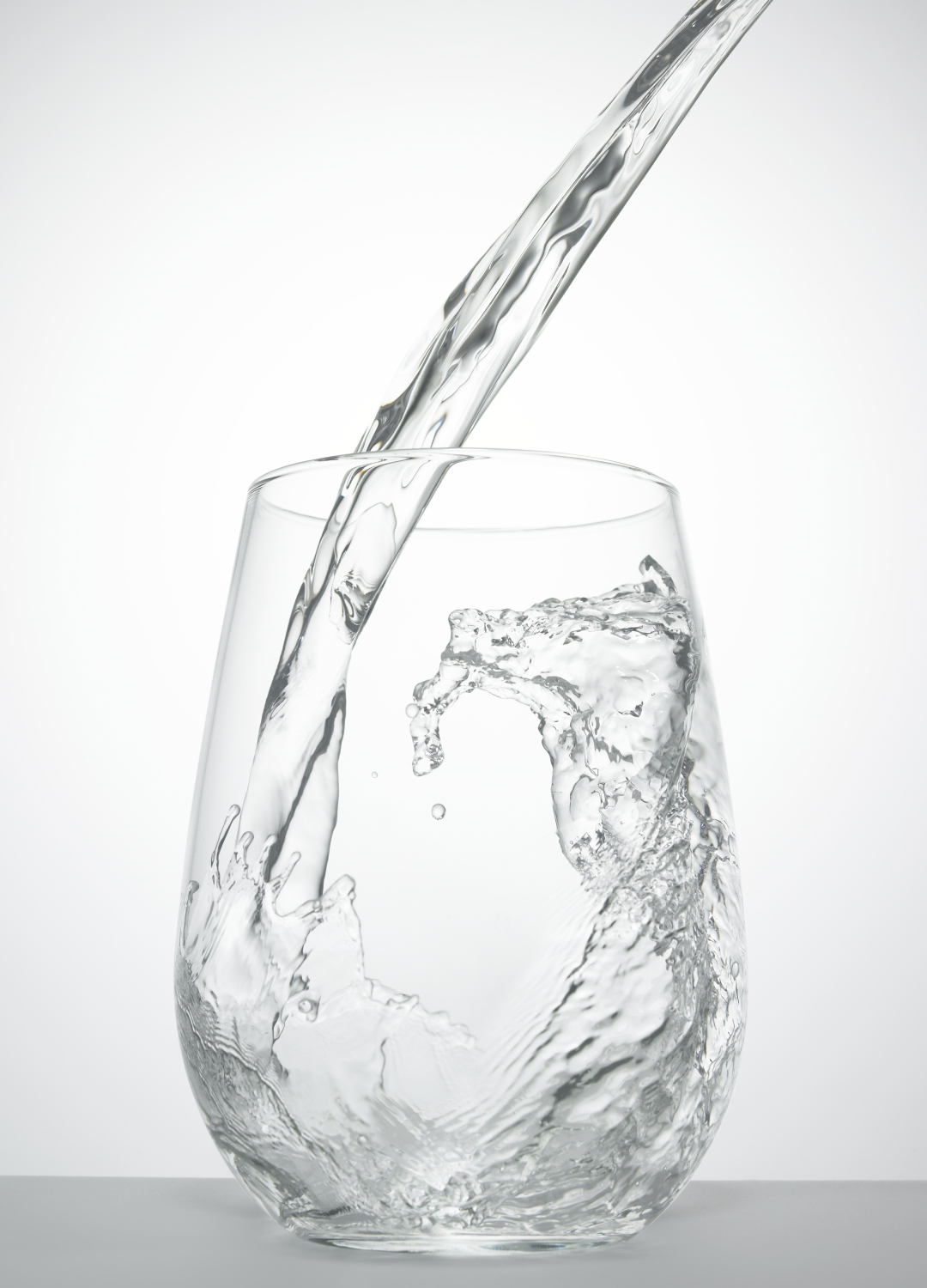
Hydration is key for a healthy scalp! "Underproduction of sebum is usually a sign of dehydration, resulting in dry, flaky skin," trichologist Deborah Maguire explains. Keep your hydration levels up throughout the day to keep the skin all over your body hydrated. Aim for eight glasses or two litres a day.
The best healthy hair and scalp products, according to the woman&home team's expert judges
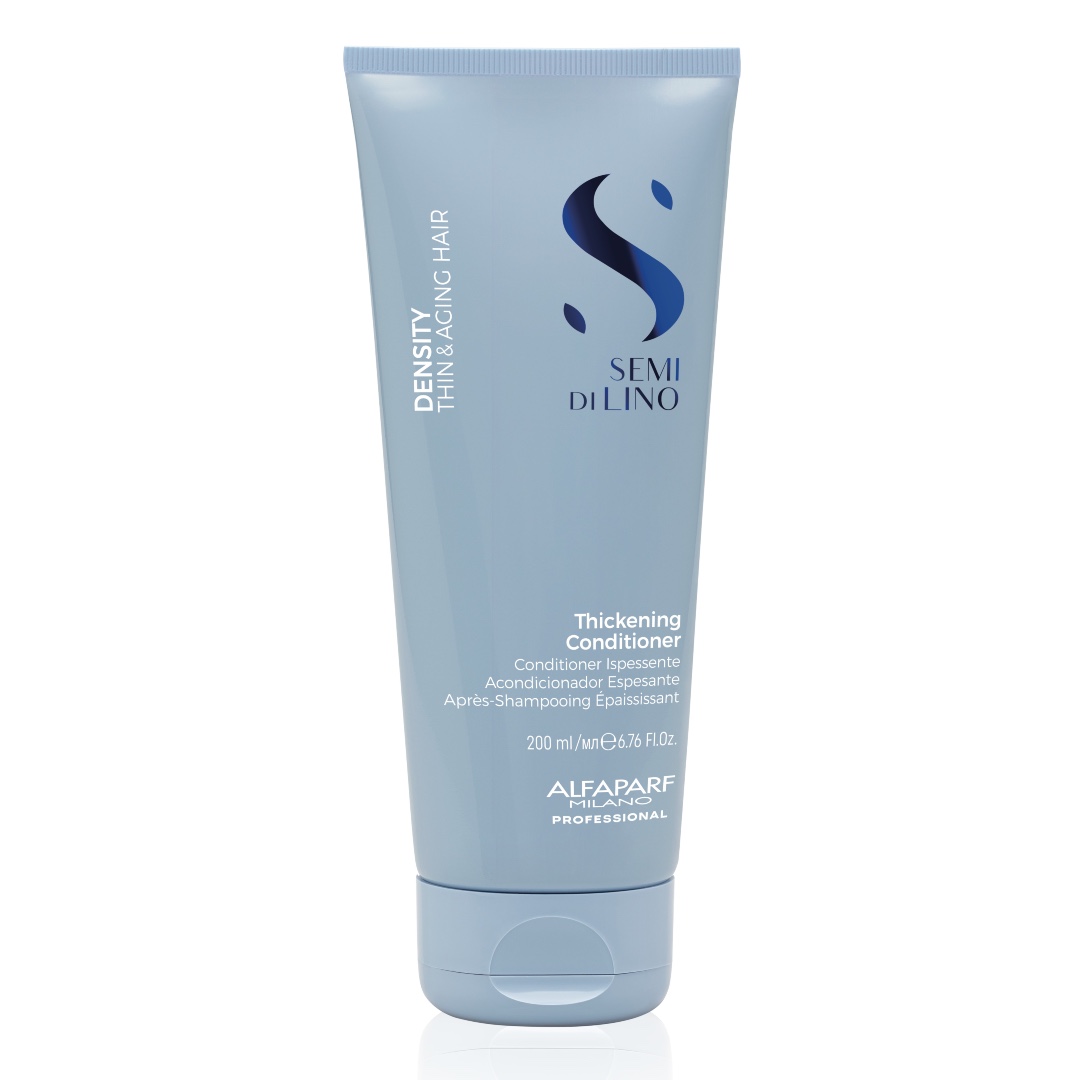
RRP: £14.50
When your hair is fine or thinning, picking the right conditioner is key. The formula in this one is packed with amino acids and peptides, which work to plump up every single strand of hair, both by penetrating inside the hair to strengthen any broken areas or raised cuticles, as well as smoothing the outside of the hair to improve shine and prevent frizz.
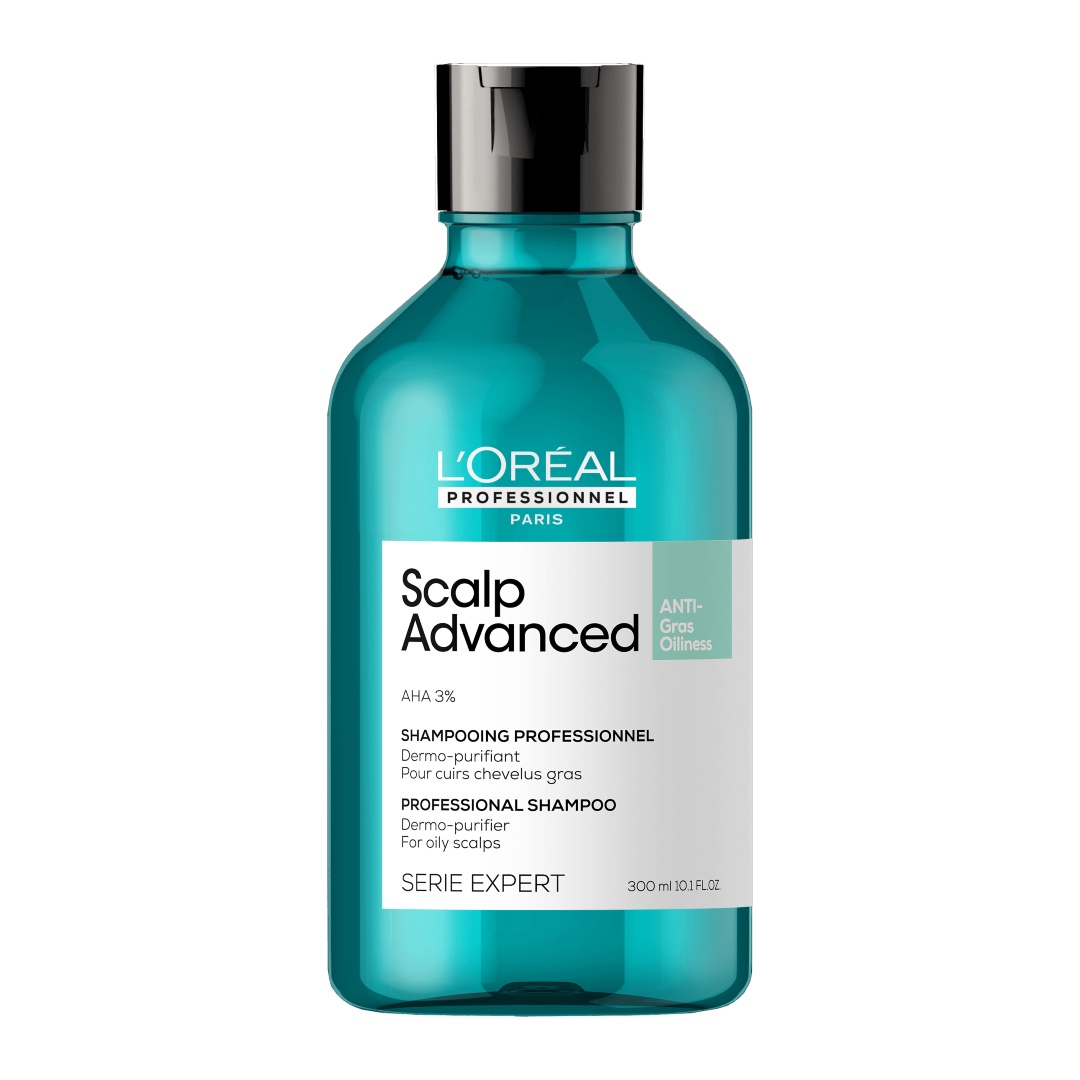
RRP: £20.65
The risk when you have an oily scalp is to over-clean it to get rid of the grease. Or you might use excessive amounts of dry shampoo to control the oil build-up. Both things can have a detrimental effect, causing your scalp to become even oilier, irritated and sensitive. That's why those with oily roots will love this deep-cleaning shampoo, which helps balance the scalp without stripping your hair.
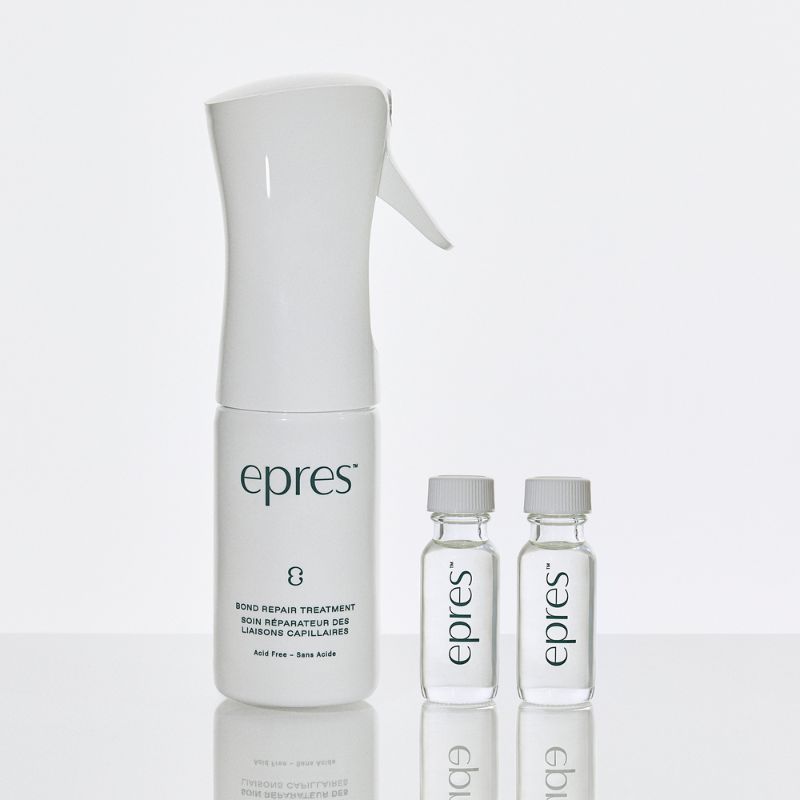
RRP: £46
Bonding treatments in the salon can be pricy, so if you're looking for something you can do at home for a fraction of the price, then try epres. It was created by the founder of Olaplex, one of the first bonding treatments on the market, so you know you're in safe hands. The brand only has one product - a bond repair treatment that's sprayed through the hair to strengthen and repair hair. You can leave it on for ten minutes or overnight, depending on how damaged your hair is. It penetrates deep into each strand and thanks to clever patented technology, can continue repairing your hair, even after you have dried and styled it.
Drink water with Vitamin C
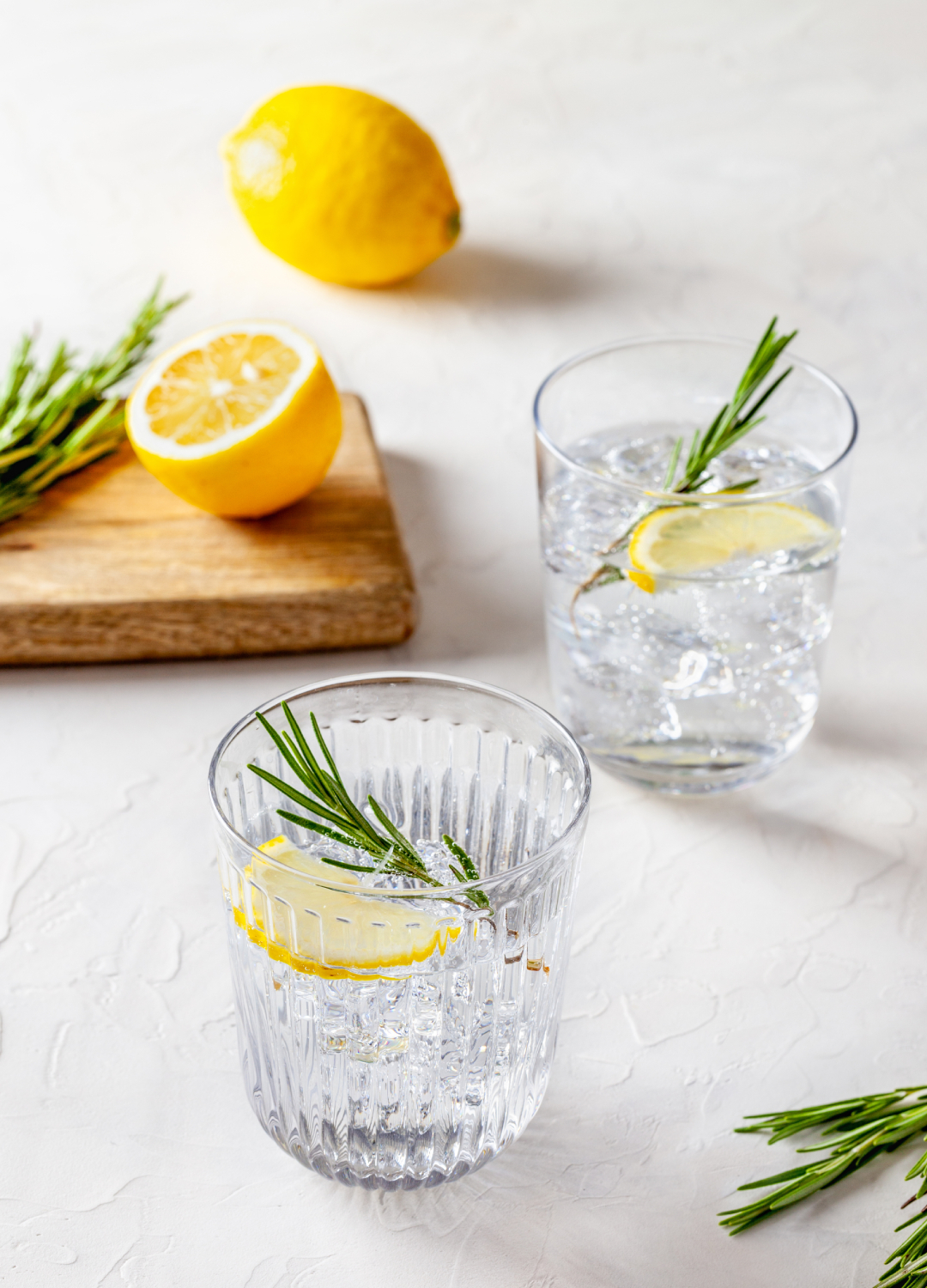
According to trichologist Deborah Maguire, adding a slice of lemon can boost your scalp health. "If you add a slice of lemon to your water, you’ll also be getting vitamin C, which is essential for iron absorption, which in turn is essential for healthy hair," she explained.
Use the right shampoo
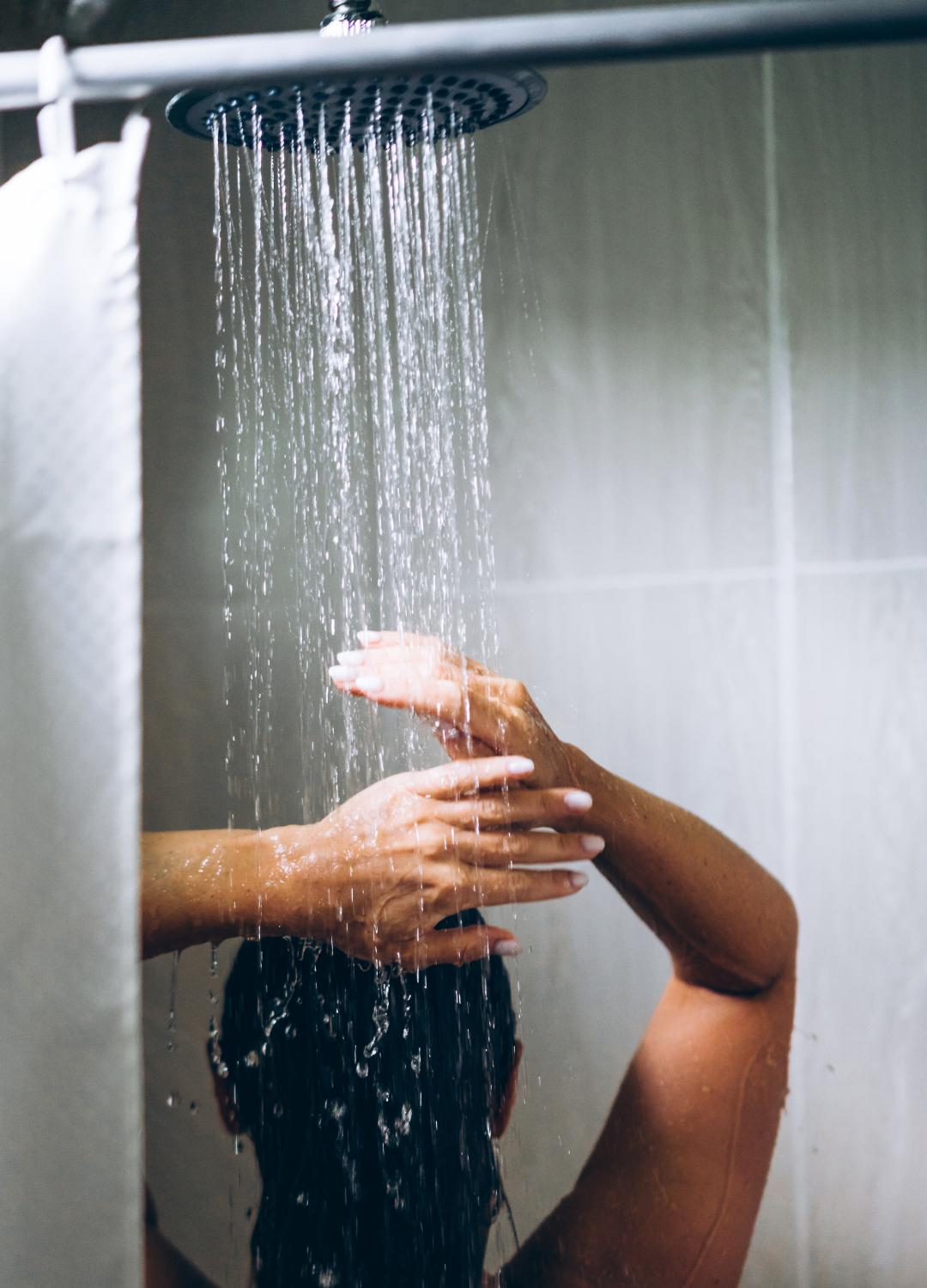
"The most common mistake I see my clients make with their haircare routine is using the wrong shampoo," said scalp expert Keiran Tudor.
Sign up for the woman&home newsletter
Sign up to our free daily email for the latest royal and entertainment news, interesting opinion, expert advice on styling and beauty trends, and no-nonsense guides to the health and wellness questions you want answered.
"You might not realise it, but shampoo can be the biggest cause of poor scalp health and even hair loss. This is because many shampoos contain harsh detergents that strip the scalp of essential oils, which causes an imbalance in the scalp biome."
Incorporate in a scalp treatment
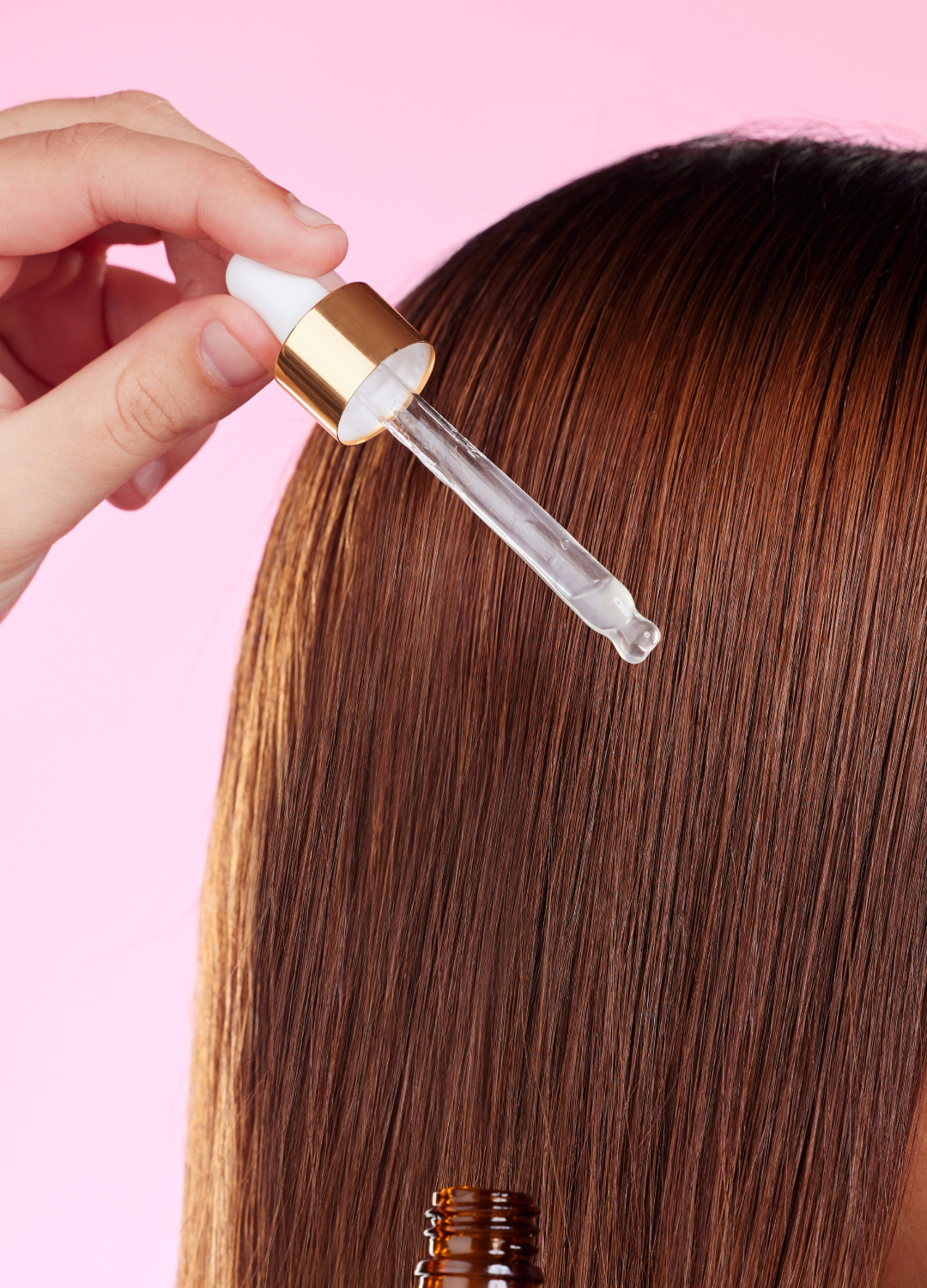
"My biggest tip for anyone wanting to improve overall scalp health is to opt for a gentle yet effective shampoo that won’t strip your scalp or hair while efficiently cleansing away dirt and buildup", Keiran Tudor explains.
"A really clever way to do this is to incorporate a scalp treatment into your weekly haircare routine. I would say this is the missing link in most people's hair routine, and Implementing it will not only have a profound impact on your overall scalp health but also on your hair condition and growth rate."
Use the right ingredients
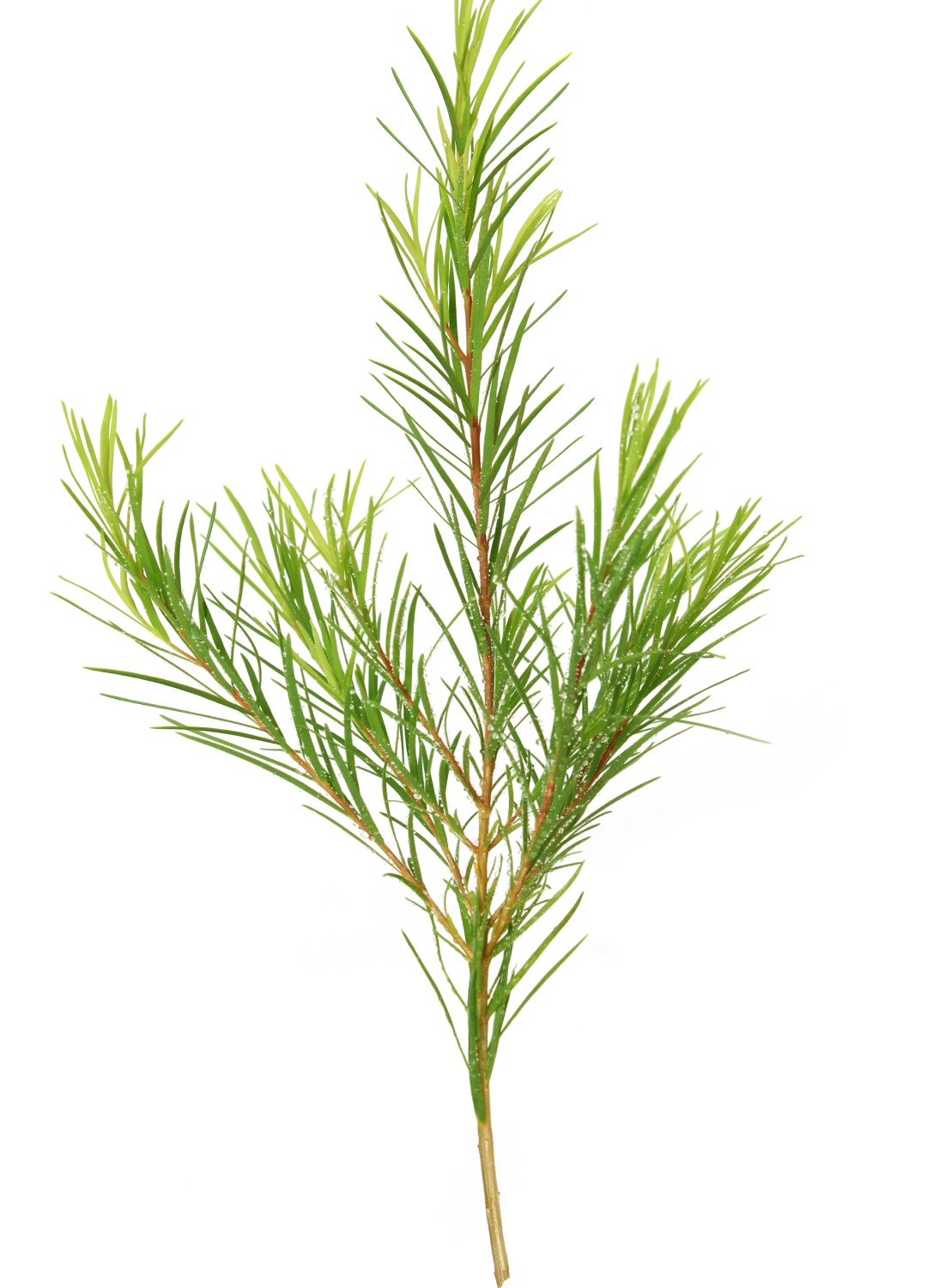
If you're experiencing scalp issues, consider some powerhouse ingredients and apply them topically. "Salicylic Acid and Tea Tree are two powerful ingredients that work synergistically to exfoliate dead skin cells, banish unwanted bacterial growth and soothe inflammation," trichologist Deborah Maguire explains.
If your scalp is oily, consider an exfoliating treatment
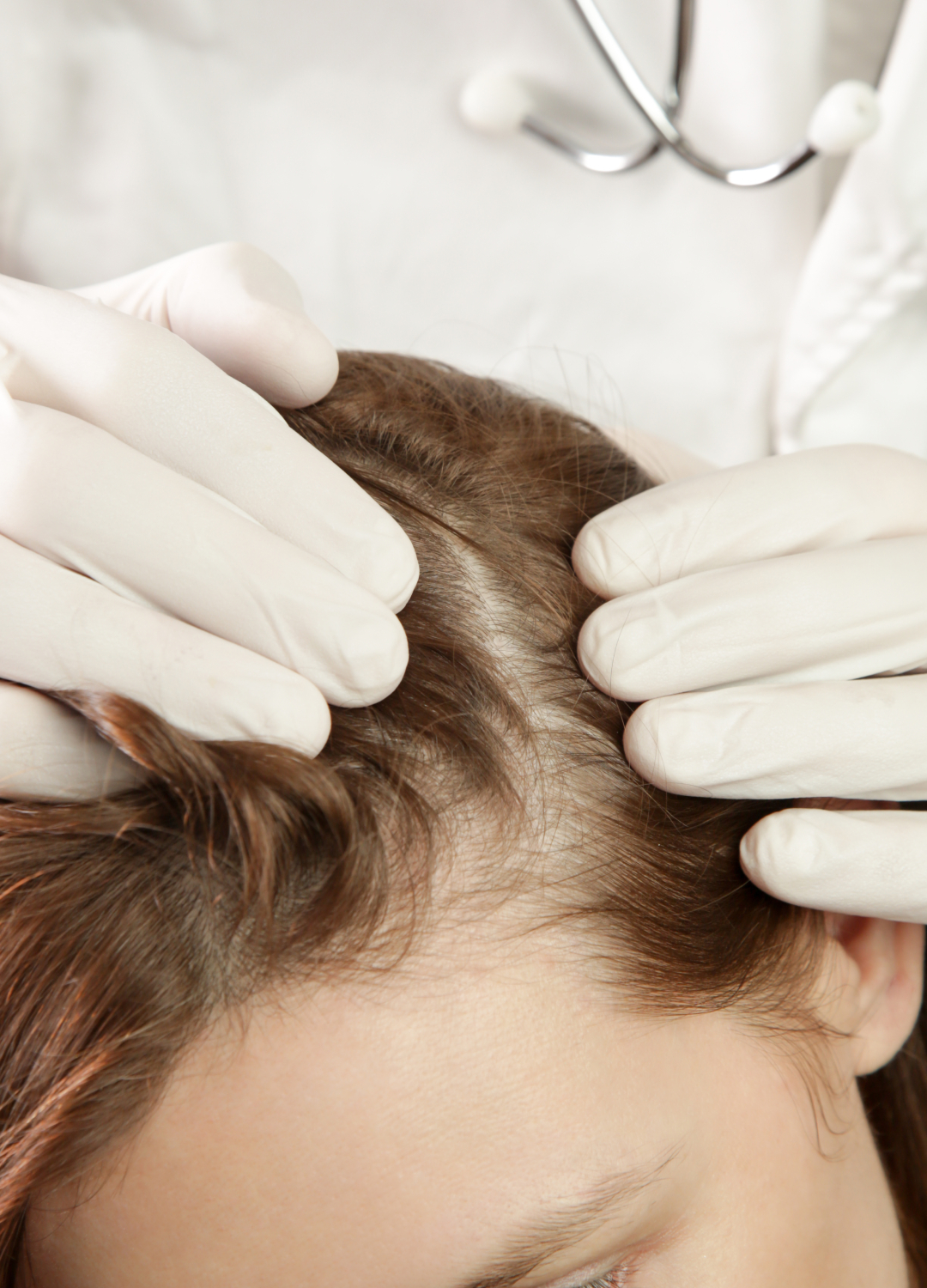
A gentle exfoliator can help separate dead skin cells from the scalp and improve its condition. Opt for a gentle formula that won't dry the scalp, with an active ingredient such as Salicylic Acid. Once a week is enough to see results - just be wary of further scalp irritation.
Consider a lightweight mask

Oily hair can benefit from a weekly treatment to help balance the area. "When it comes to nourishing the scalp, if you’re already oily, then maybe complete your scalp care routine with a lightweight mask," trichologist Deborah Maguire explains.
Or a scalp oil if your hair is dry
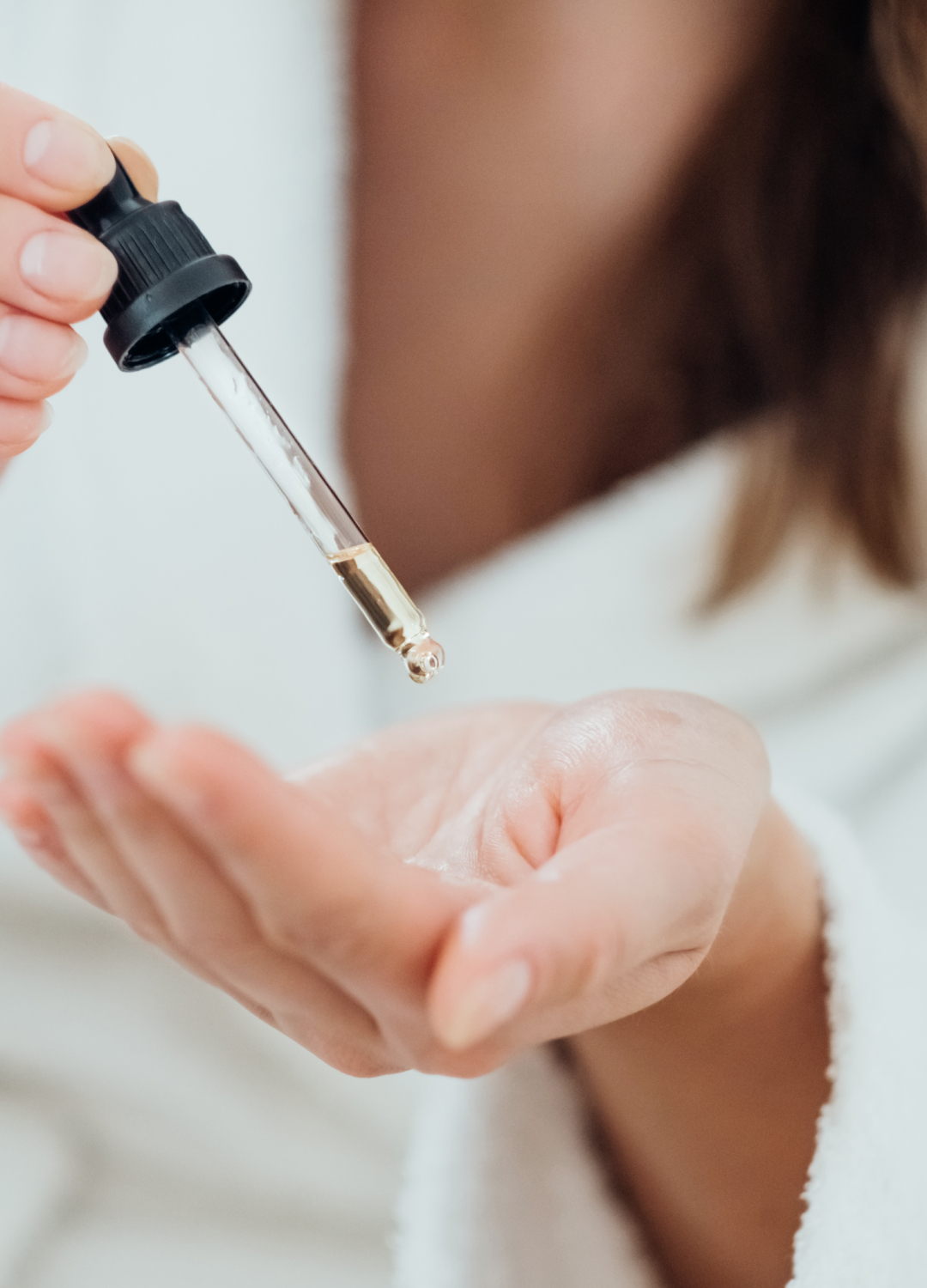
If you have a dry scalp, an oil might be more suitable. "If your scalp is dry, nourish it with a soothing oil after exfoliating and before applying a gentle shampoo followed by a rich conditioner," trichologist Deborah Maguire tells us.
Think about your diet
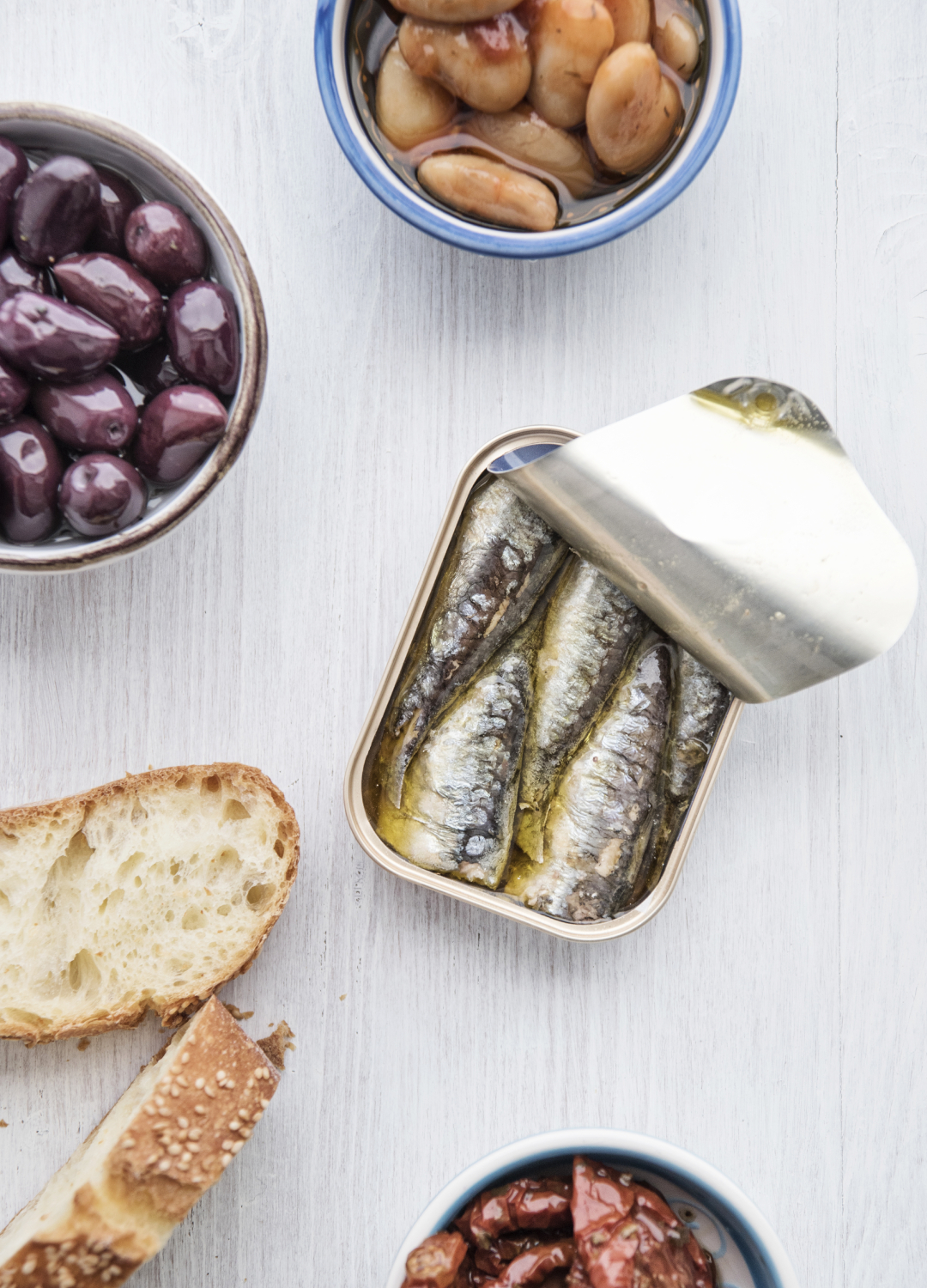
"As with our skin and hair, scalp health is an inside-out journey," trichologist Deborah Maguire explains. "The reason you could be suffering from over- or underproduction of sebum, psoriasis, inflammation, or alopecia could be down to your diet or what’s missing from it." Aim to have a diet high in protein, healthy fats and whole foods, with a wide variety of fruits and veg.
Eat a diverse range of plants
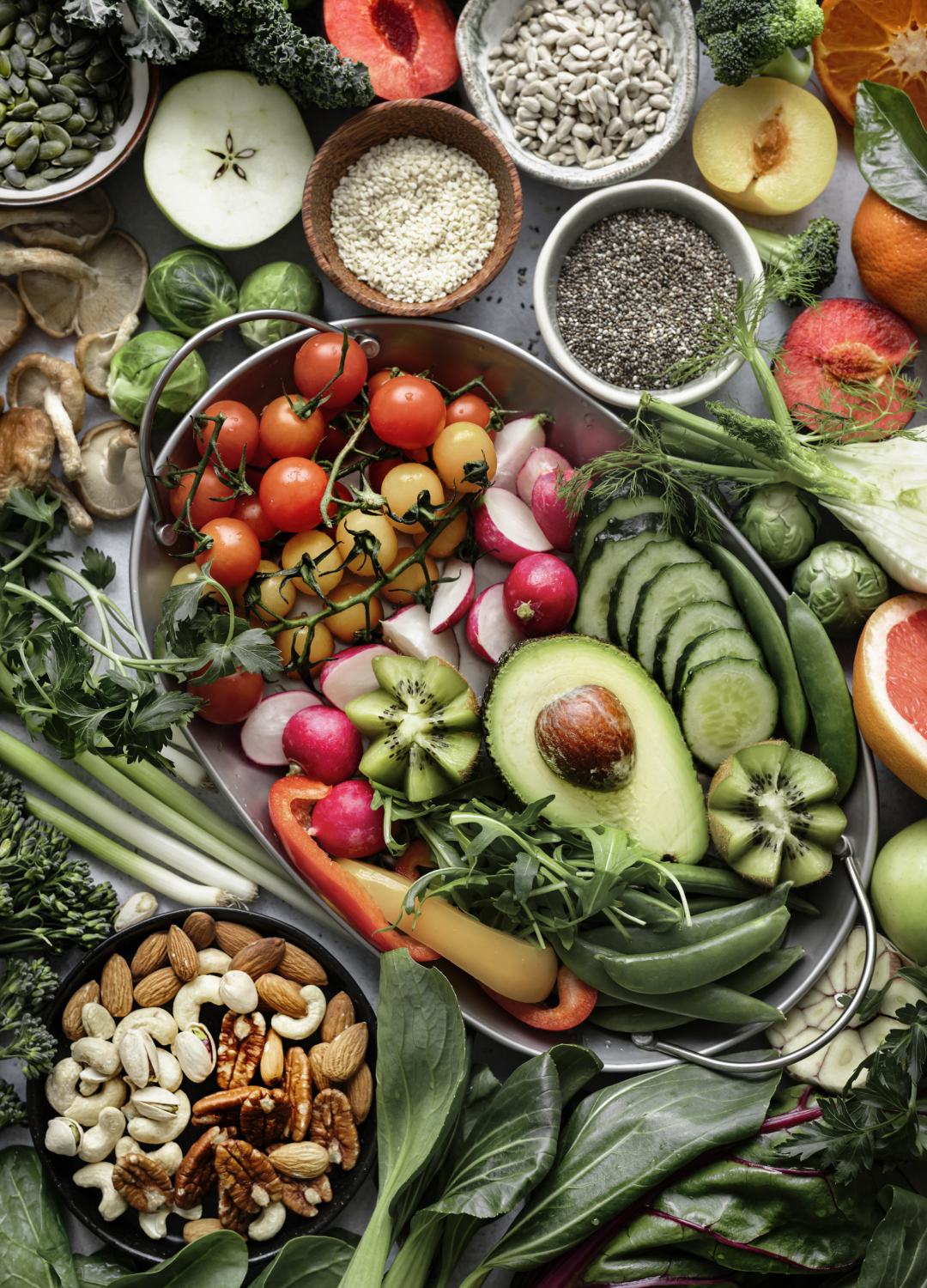
It’s just as important to nourish our gut garden, as it is to our skin and scalp. Try and aim for 30 different plant boosts a week, this will help ensure you get all your B vitamins; Vitamins C, omega-3’s, iron, and selenium to name a few.
Consider supplements
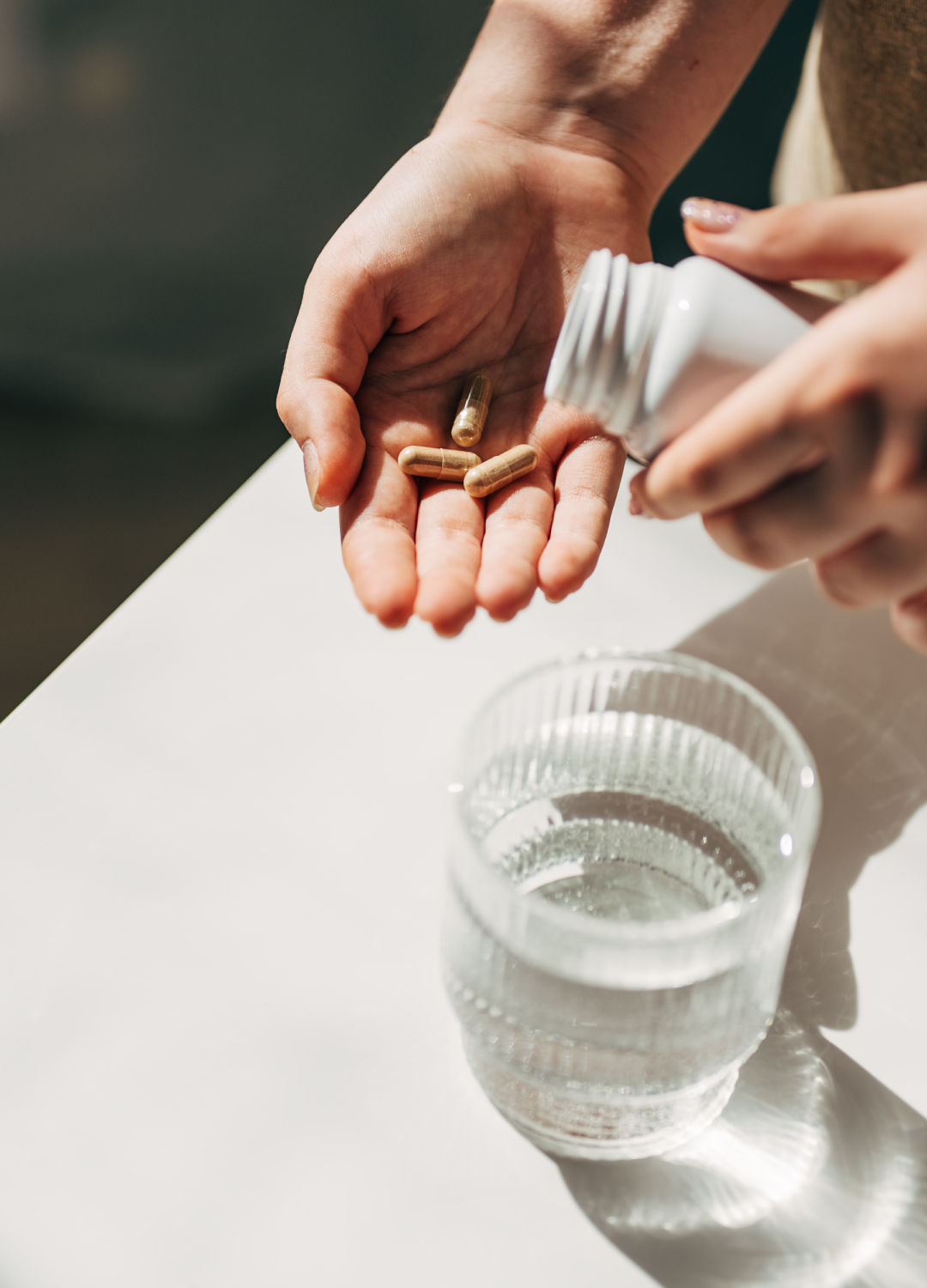
"Supplements can be an excellent addition, especially as modern-day living means we are subject to food fail days," trichologist Deborah Maguire explains. It's worth doing your research as so many supplements are on the market, many with bold claims. However, increasing research shows how supplements can positively impact our health alongside a balanced diet.
Stimulate your scalp
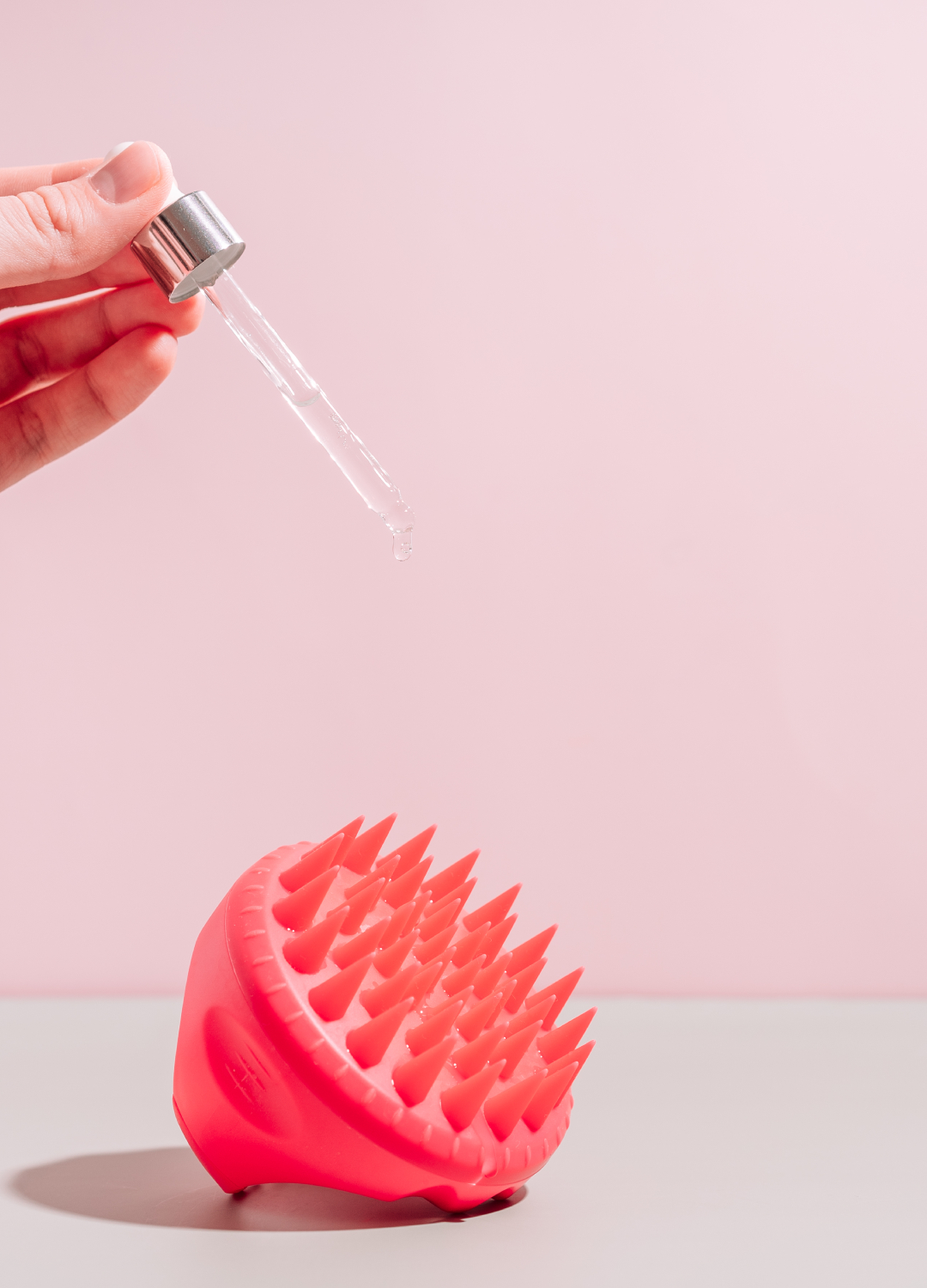
"A good old-fashioned scalp massage and brushing, preferably with a natural bristle brush, can help scalp health," trichologist Deborah Maguire explains. "Remember the job of the skin barrier is to not let anything permeate it and to expel unwanted toxins."
Opt for a daily scalp detoxification
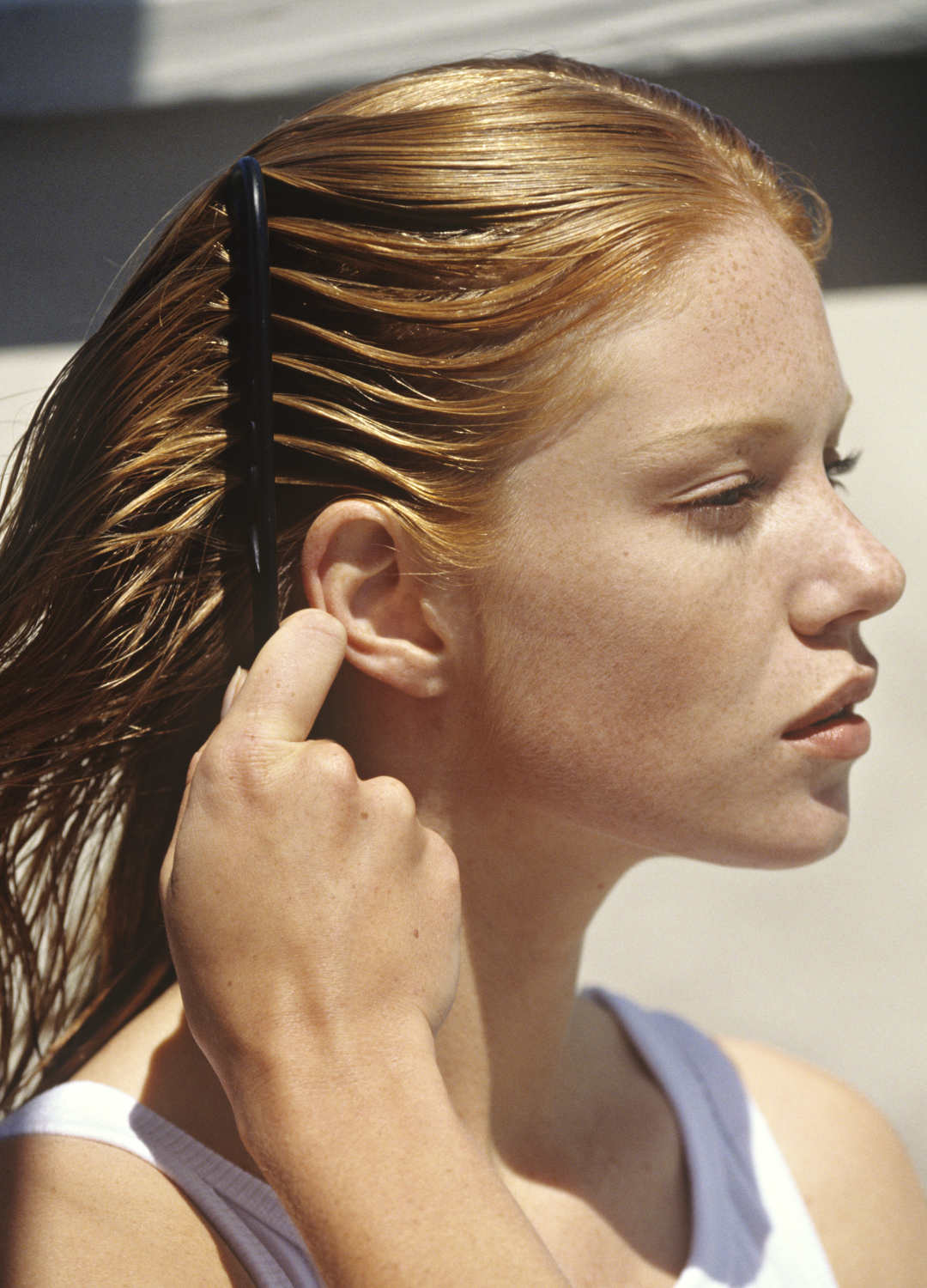
"Doing a weekly scalp detoxifying treatment is a fantastic way to ensure you are properly cleansing your scalp while caring for the scalp’s delicate biome," scalp expert Keiran Tudor explains.
Have a routine
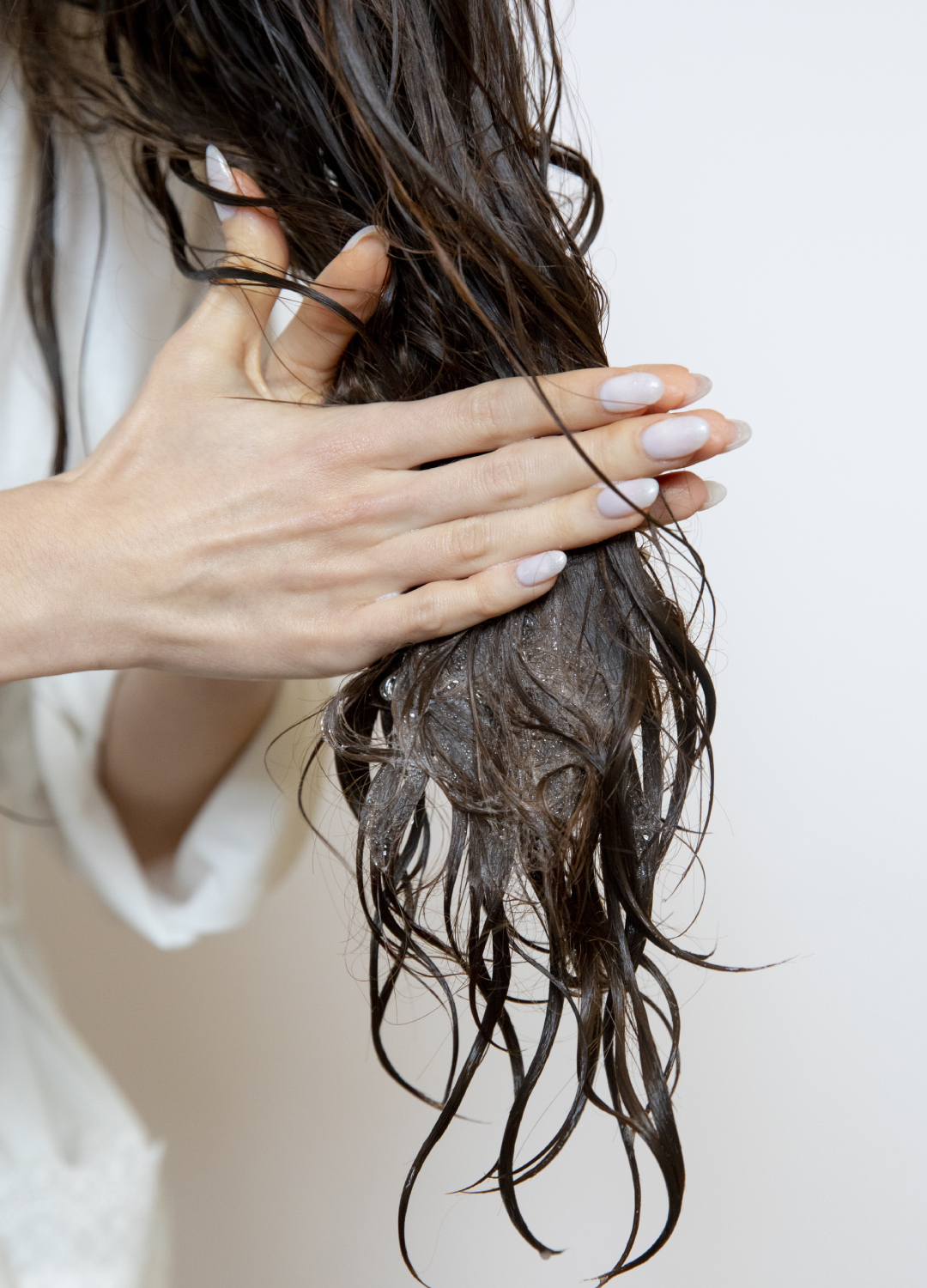
Having a good routine is the foundation for staying healthy in any area. "Scalp health is essential for abundant hair," trichologist Deborah Maguire explains. My five top tips are to firstly hydrate, then exfoliate, nourish, think about your scalp's inside-out health, and then stimulate with brushing and massage."
Lower your stress levels
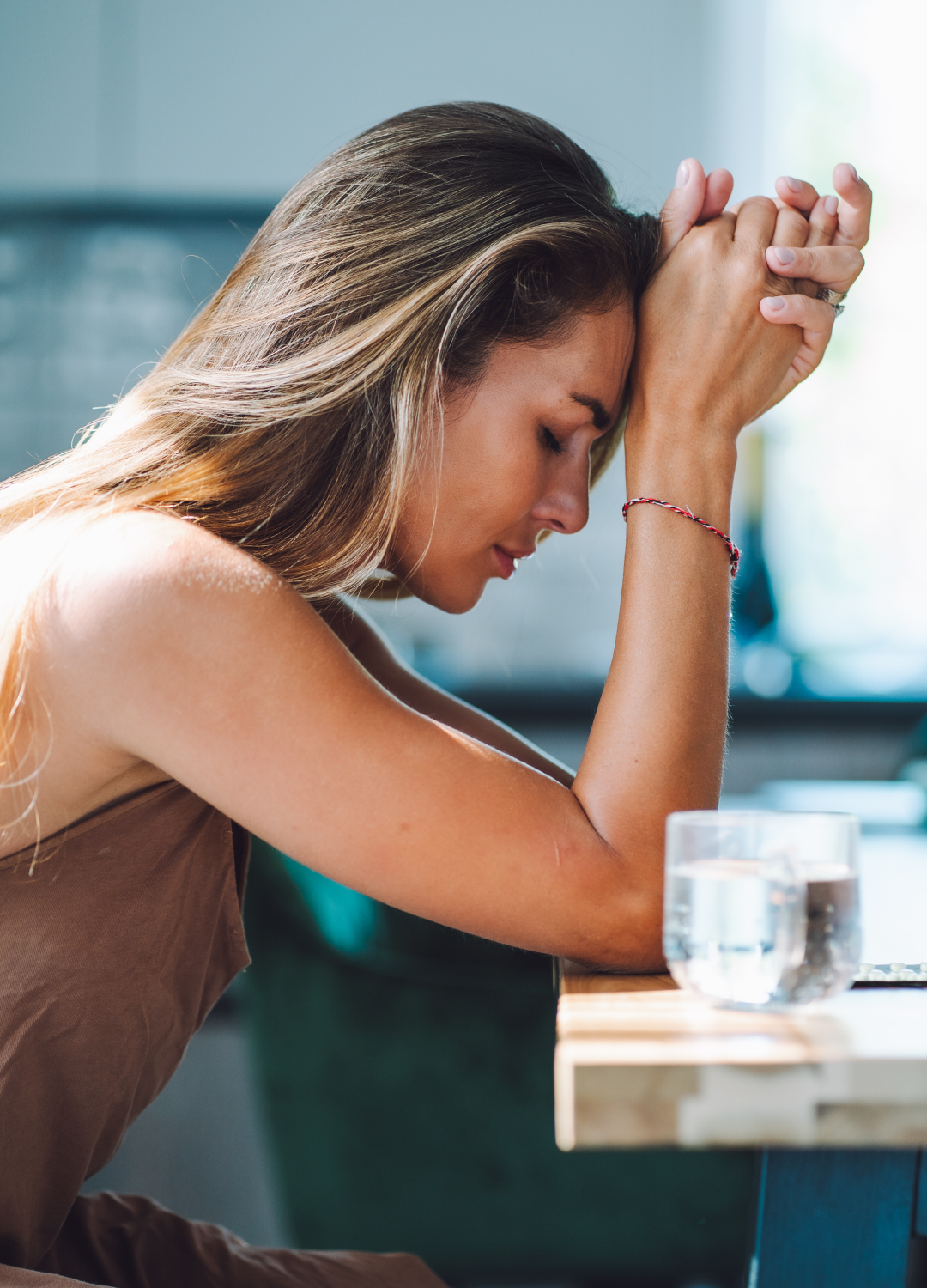
"I see so many clients who have periodic scalp flare-ups during stressful times," scalp expert Keiran Tudor explains. "As more people are becoming aware, stress is one of the leading causes of disease worldwide, and early warning signs can come in the form of skin flare-ups and even excess hair shedding."
Have a weekly oiling session
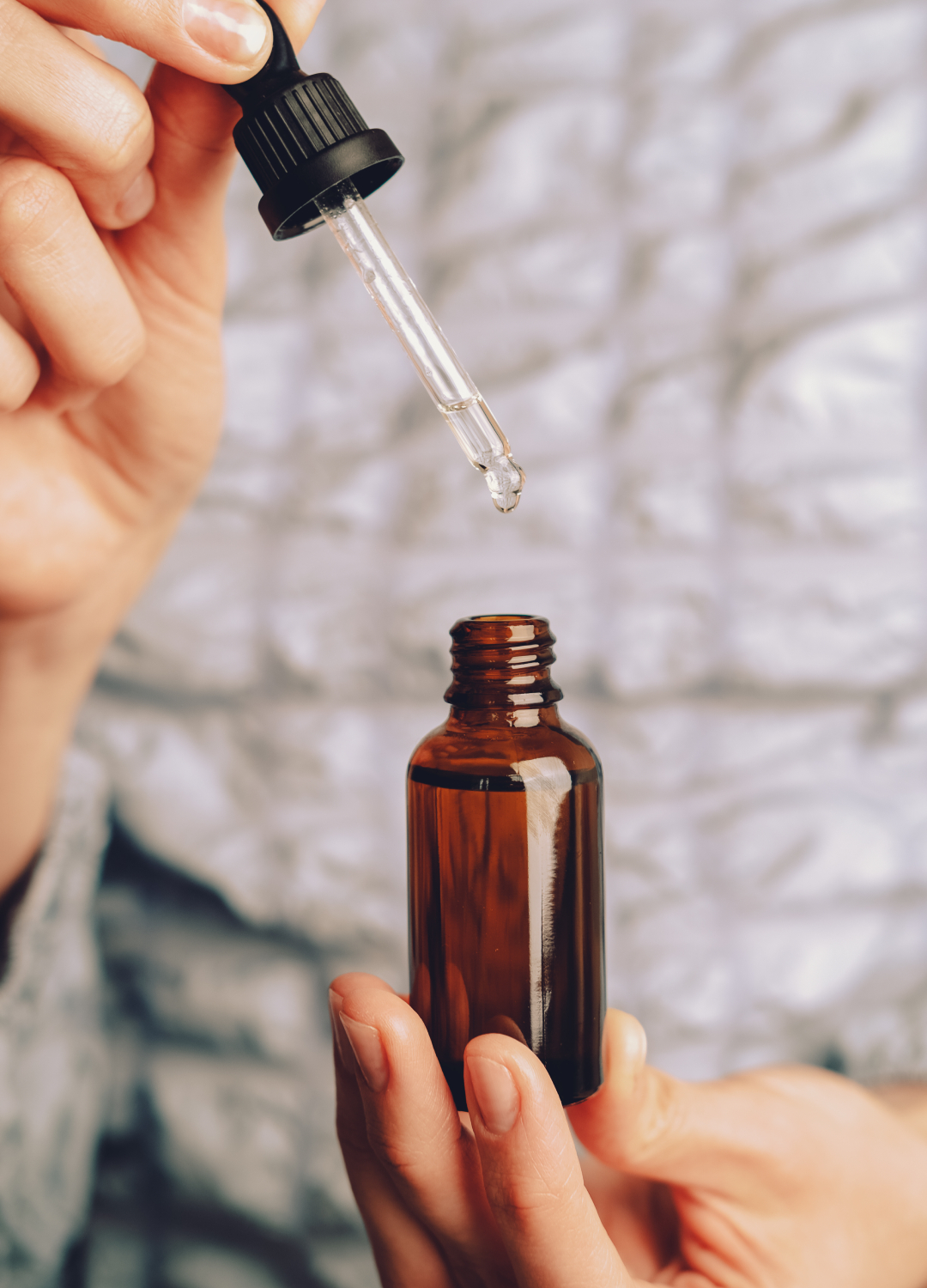
"Apply a scalp oil, such as our En-Root Scalp Oil, once a week to a dry scalp as a pre-wash treatment," scalp expert Keiran Tudor advises. "Massage in and leave for 20 minutes to two hours before rinsing and following with your shampoo and conditioner. "
Avoid shampoos with harsh sulphates
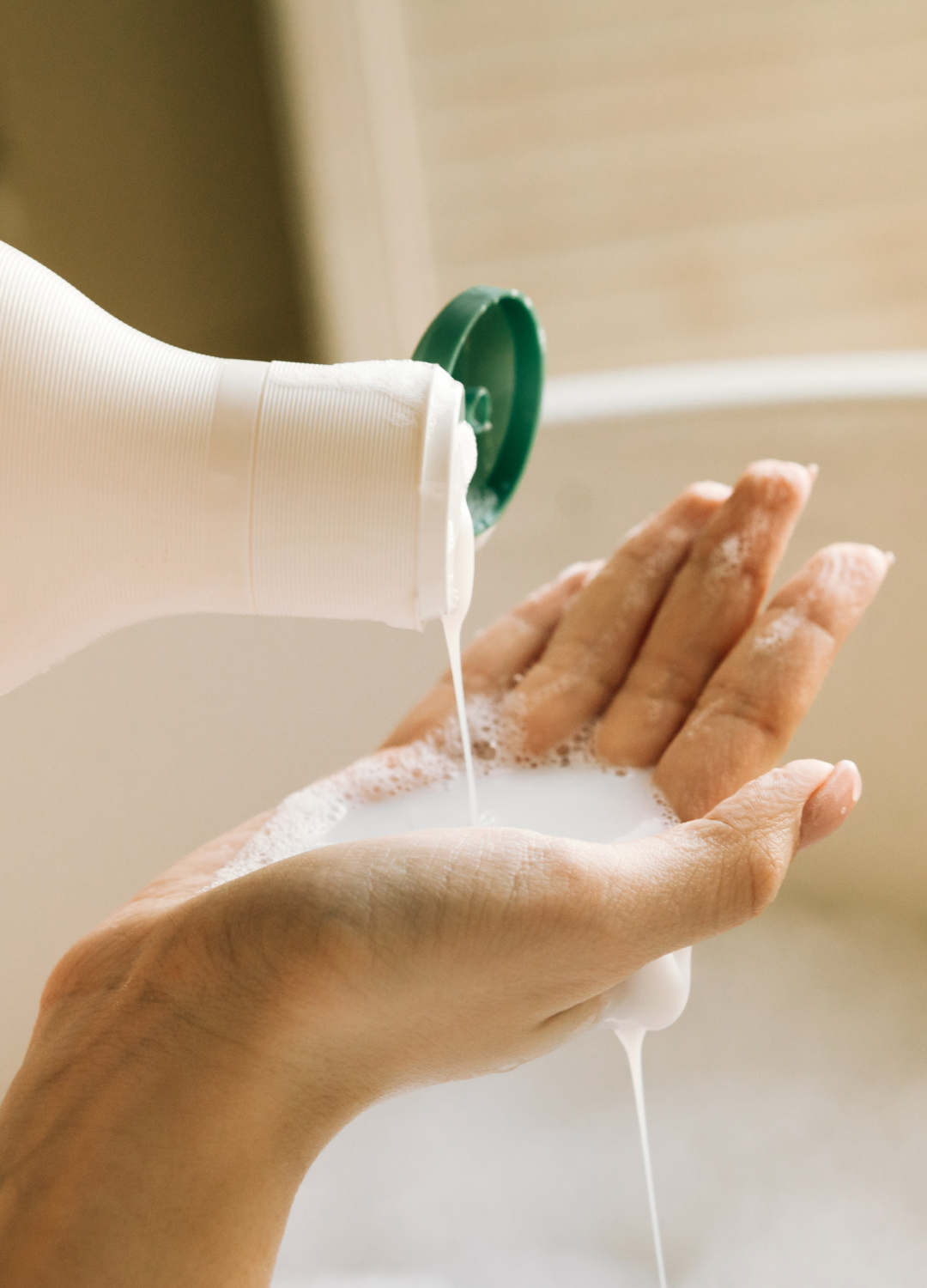
Scalp expert Keiran Tudor suggests looking at the ingredients in your shampoo to maintain a healthy scalp. He tells us, "If you have a sensitive scalp I would suggest avoiding harsh sulphates and other synthetic ingredients and heavy fragrances in your shampoo as they can dry your scalp out further."
Regularly massage the scalp

"The upside of regularly massaging your scalp is increased blood circulation around your hair follicles which has a hugely positive effect on hair growth, nourishing hair with oxygen and nutrients," scalp expert Keiran Tudor tells us.
Don't itch the scalp
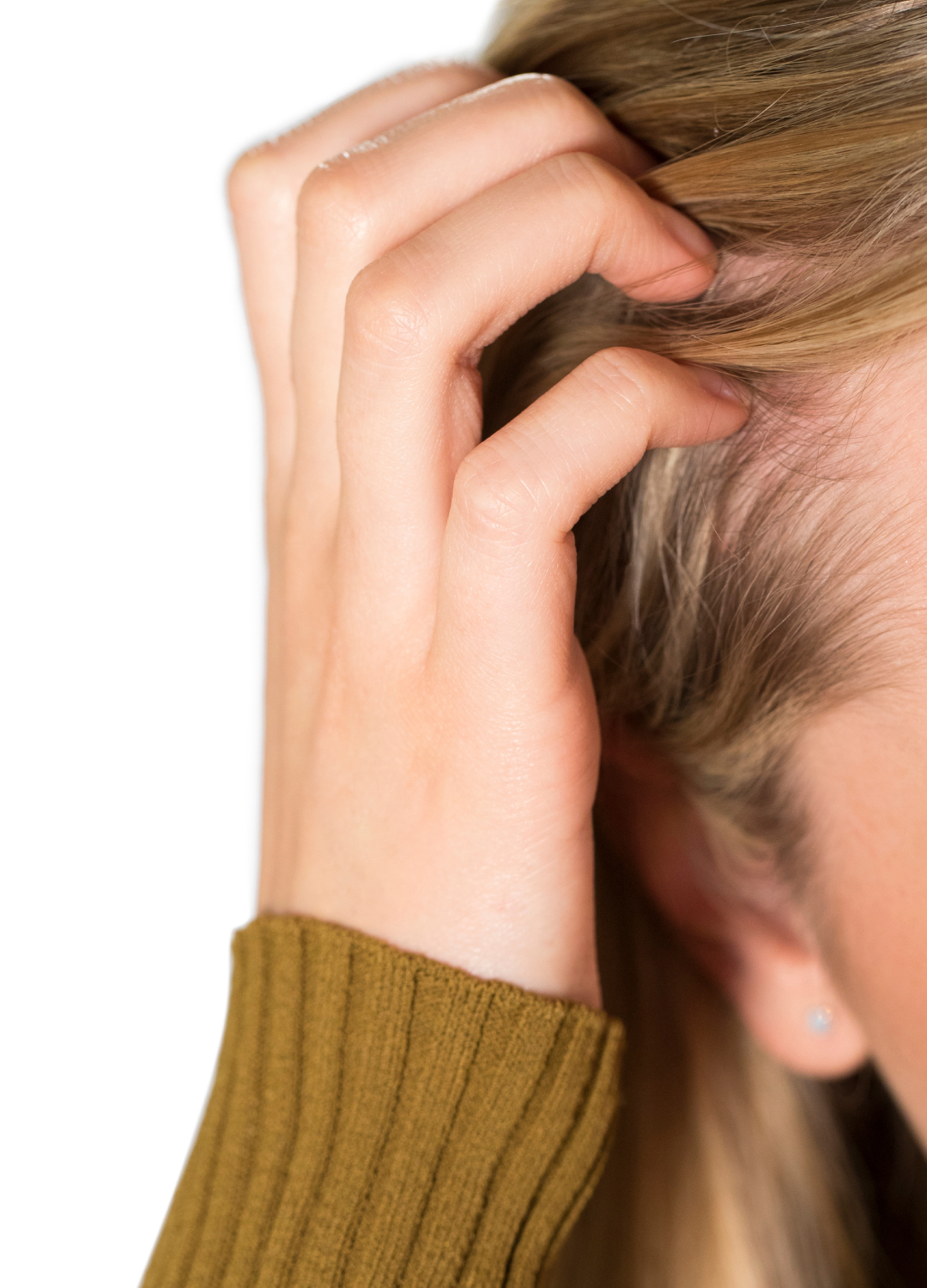
"Avoid scratching your scalp, particularly if you get flakes and scabs on it," scalp expert Keiran Tudor explains. "Itching can break the skin, allowing bacteria from your nails to invade the scalp, affecting the scalp's delicate microbiome and leading to more irritation."
Use oil to break down flakes or scabs
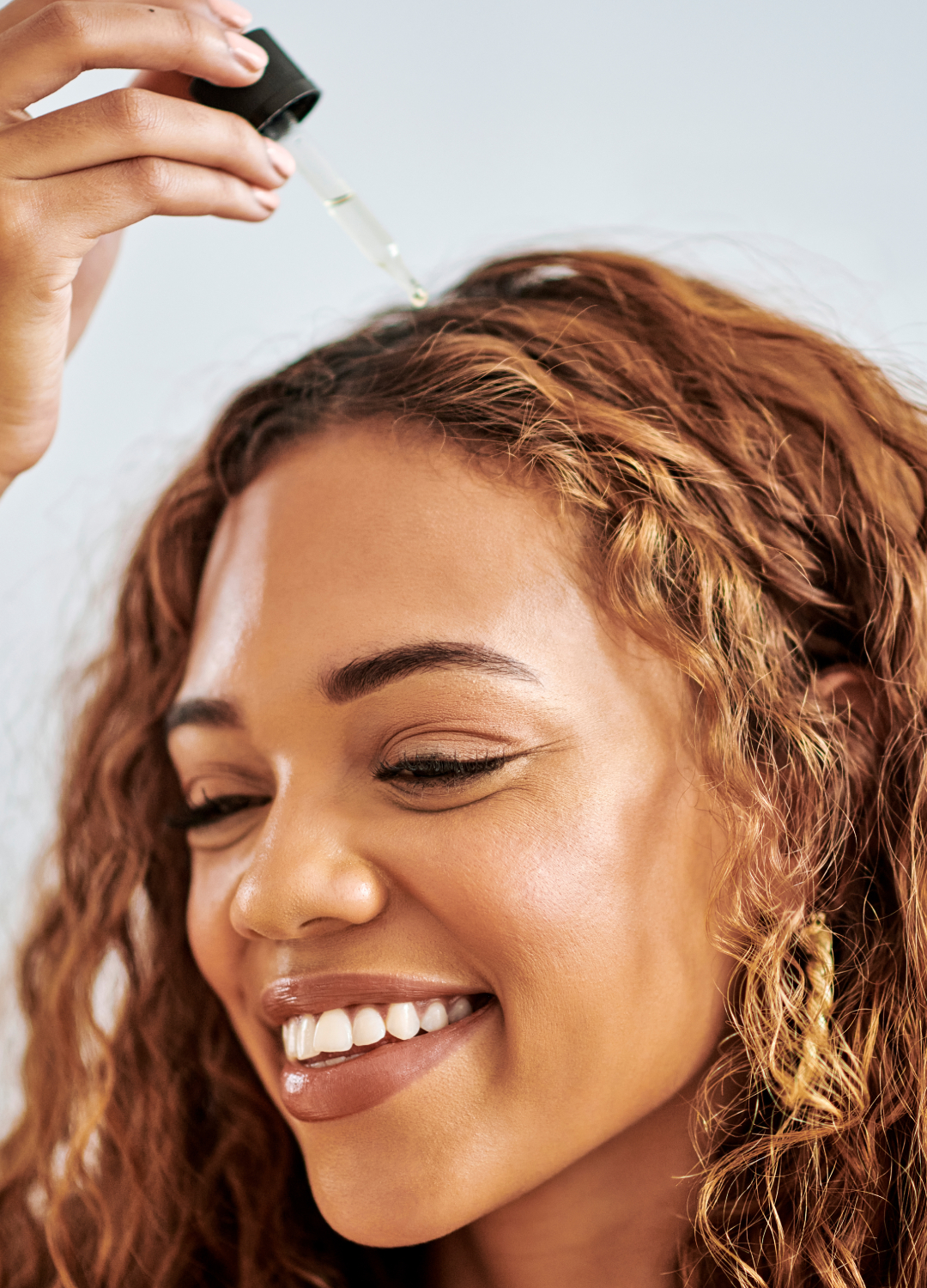
Try an oil-based cleanser instead, as this will have a gentler effect on the scalp, scalp expert Keiran Tudor suggests. He explained to us, "Instead, using an oil-based cleanser to break down flakes and scabs is a much more hygienic approach."
Try a pre-wash treatment
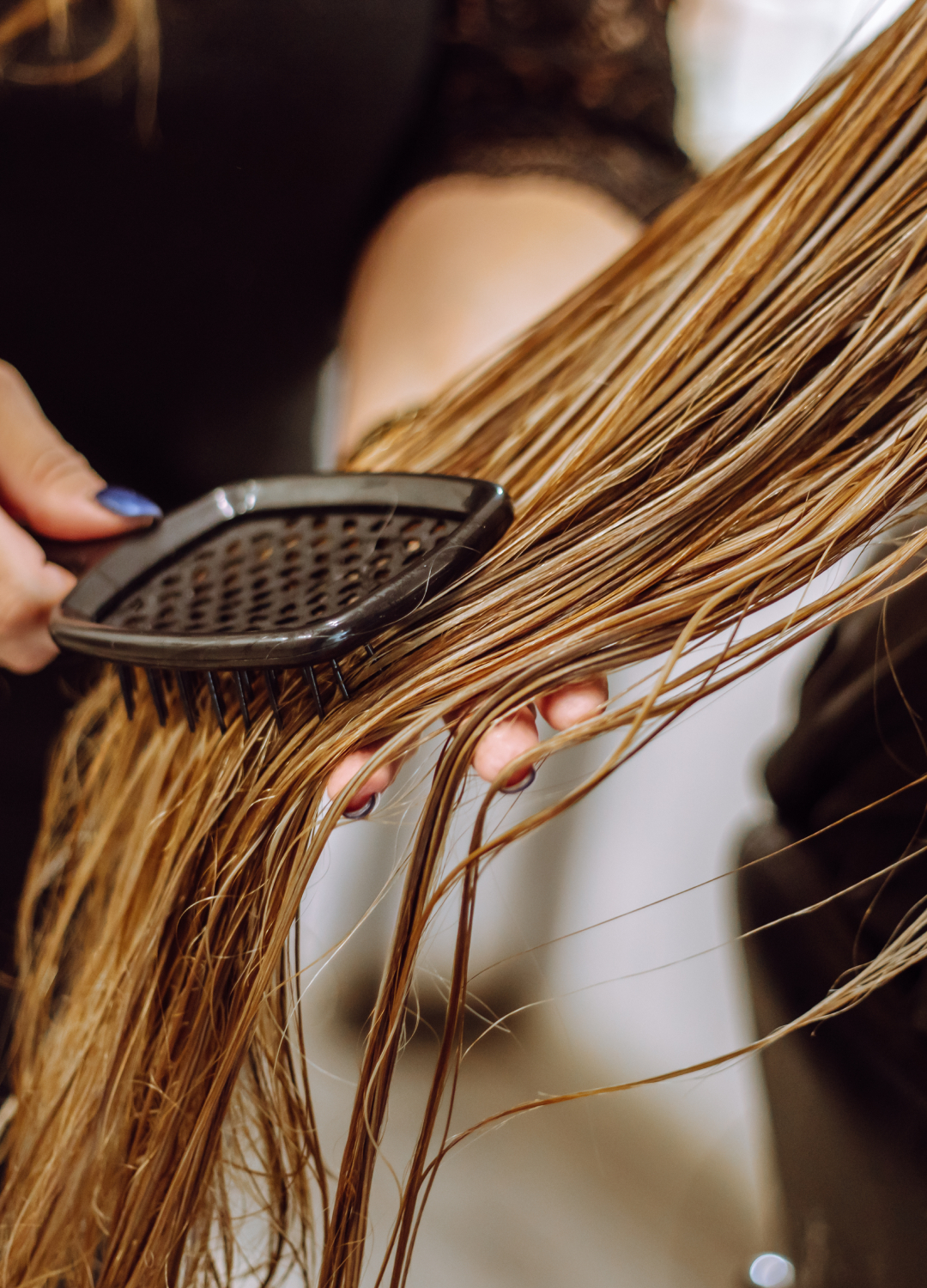
Applying a pre-wash treatment can help the scalp recover, depending on its needs. Try a clarifying or detox shampoo to remove buildup debris, products, and bacteria, or use scalp oil to nourish the area before washing. A little TLC can go a long way when it comes to your scalp health!
Eat plenty of protein and colourful veg
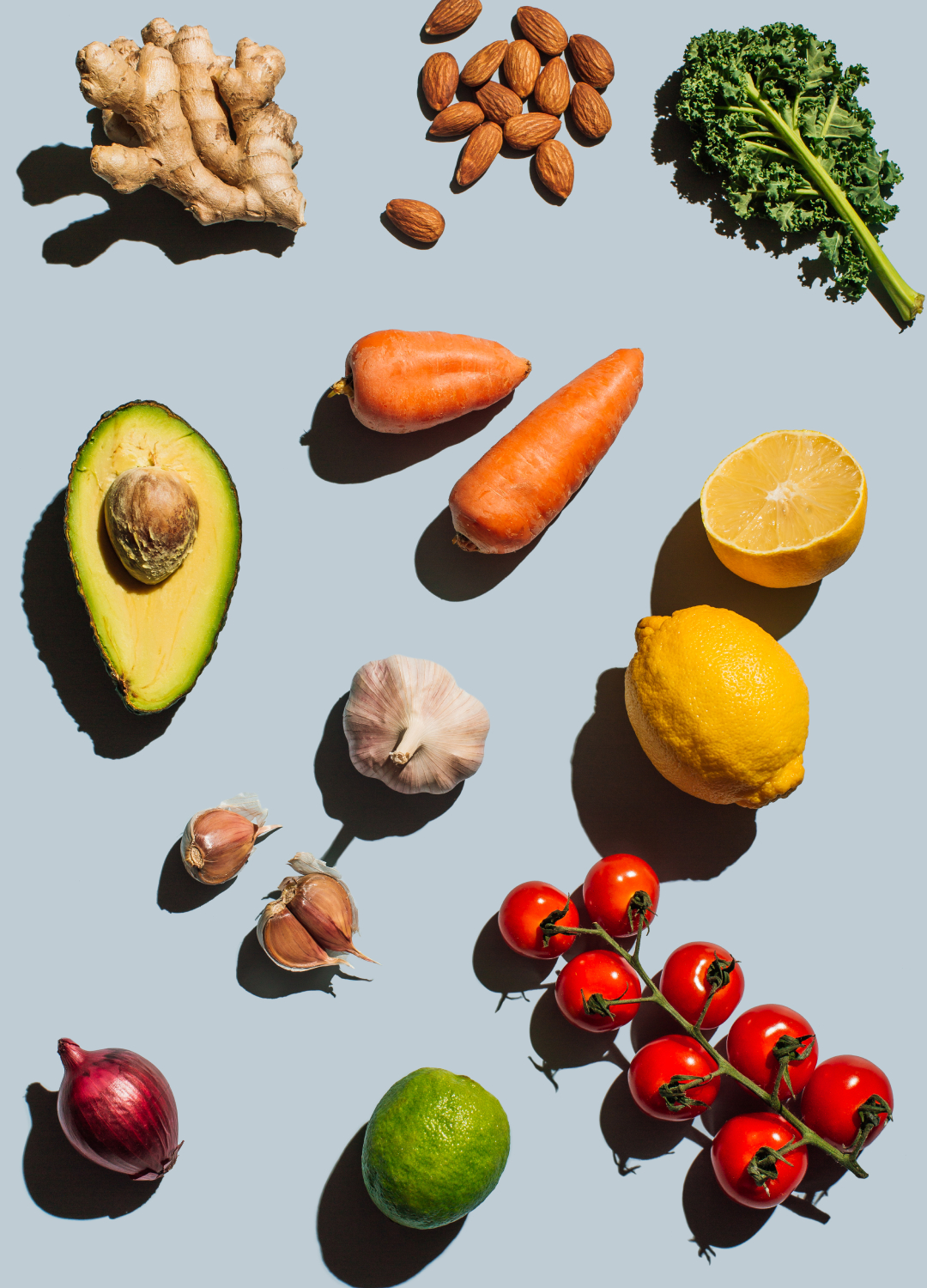
Protein is essential to your diet to keep your overall health in check. Load up on fish, meat, eggs, yoghurt, and nuts to ensure your diet is protein-rich. Match protein with a diverse range of plants of all rainbow colours to ensure you're getting everything you need. Healthy fats like avocado and olive oil in moderate amounts should also be consumed in your weekly diet.
Avoid using excess heat on your hair
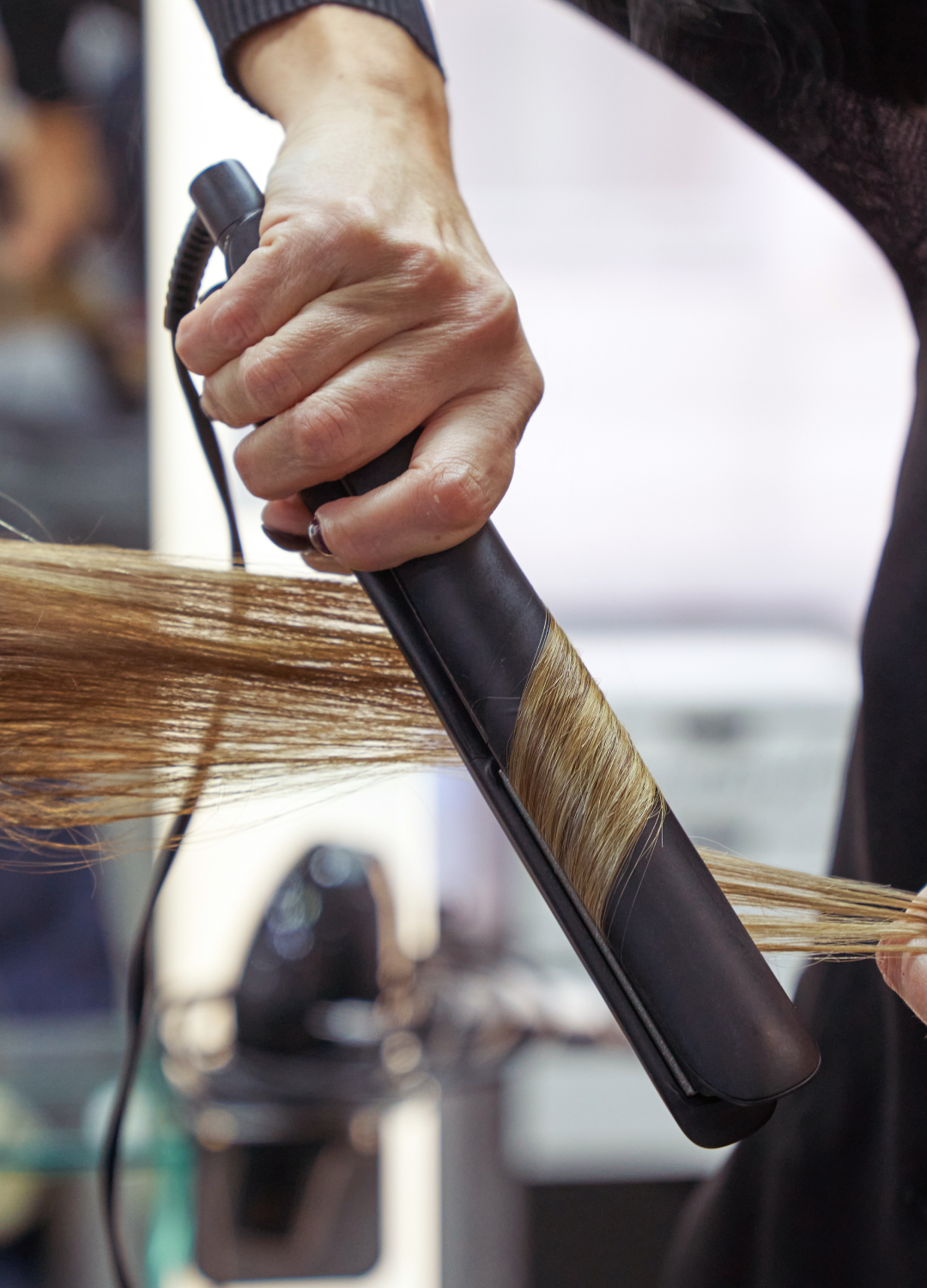
Heat can be bad news for hair, so lay off the styling products when you can. Heatless curls are a great option for those who want some movement without using excess heat on the hair. If you do want to use tongs, straighteners, or a hairdryer, try to opt for a few days a week when your hair dries naturally.
Protect your hair and scalp from the sun
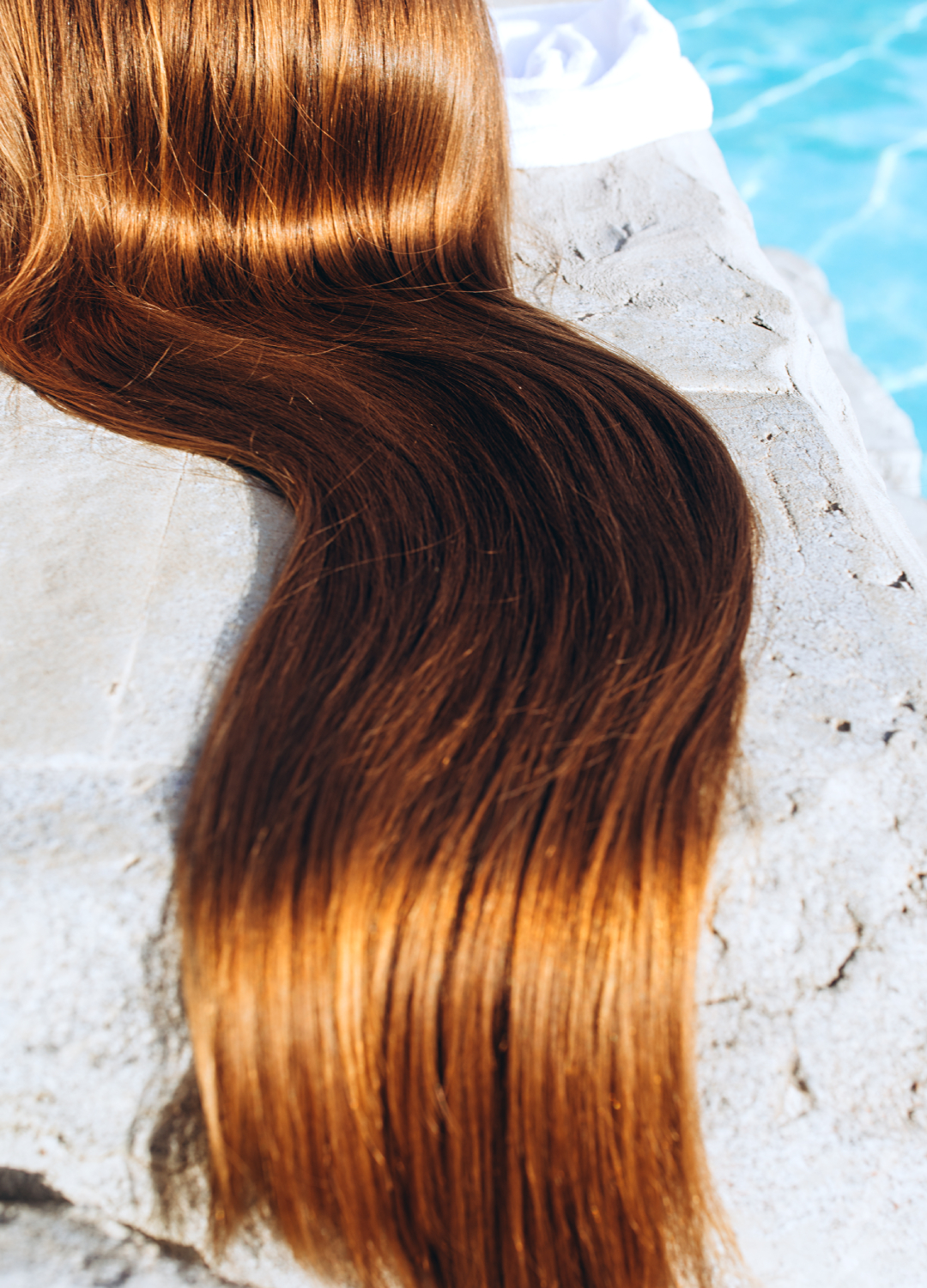
We all know that SPF is the number one beauty tip for protecting the skin, but many of us will neglect our scalp care on holiday. Invest in a scalp spray to keep this sensitive area protected, not just in the summer, but all year round.
It's important to protect the hair from chlorine
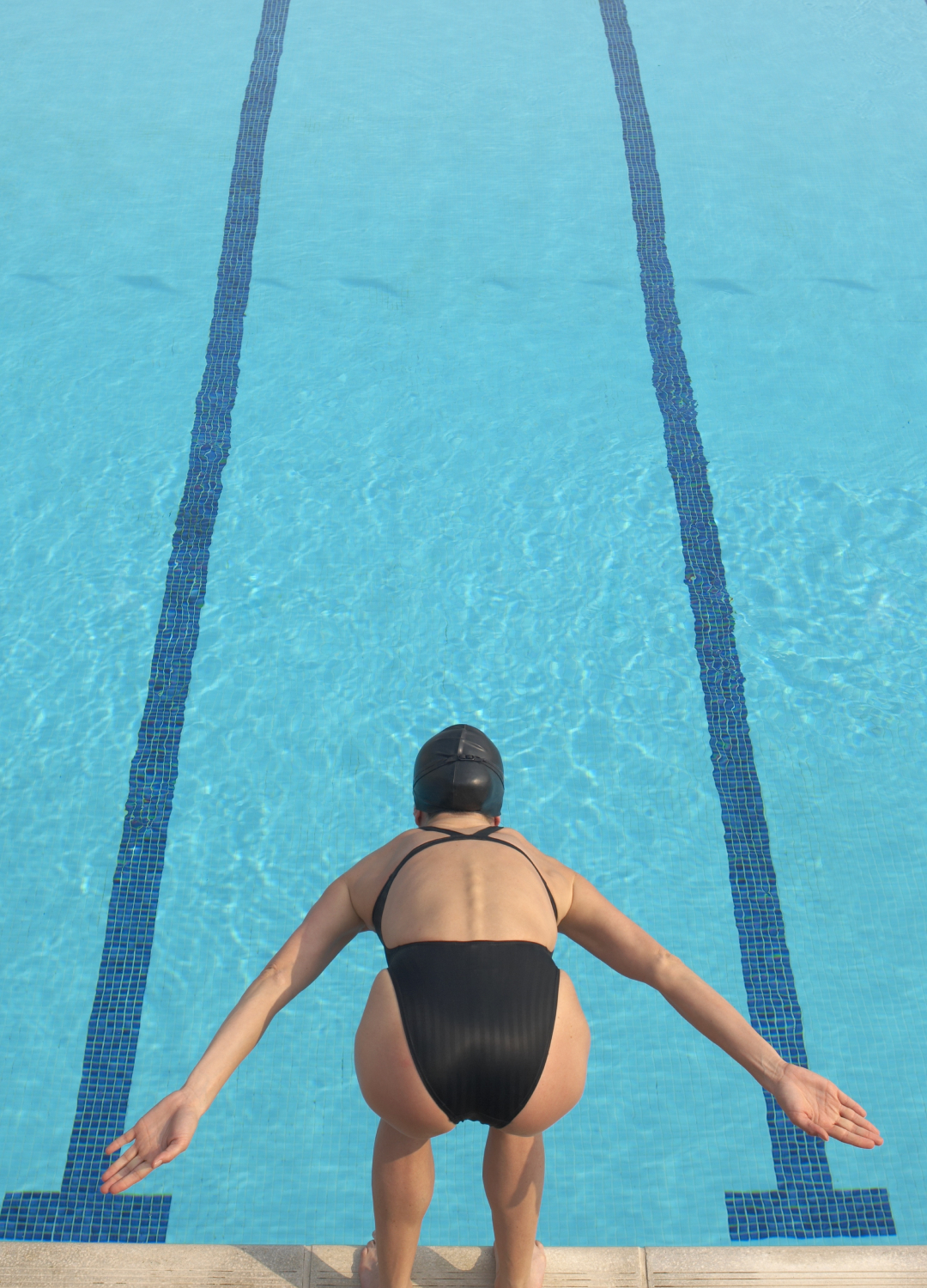
Chlorine can massively dry the scalp, so washing the hair straight after swimming is important and ensures the scalp is fully cleansed. During swimming, you can protect your hair with a swim cap or wear a product like Philip Kingsley Swim Cap to create a protective barrier for the scalp and hair.
Be consistent
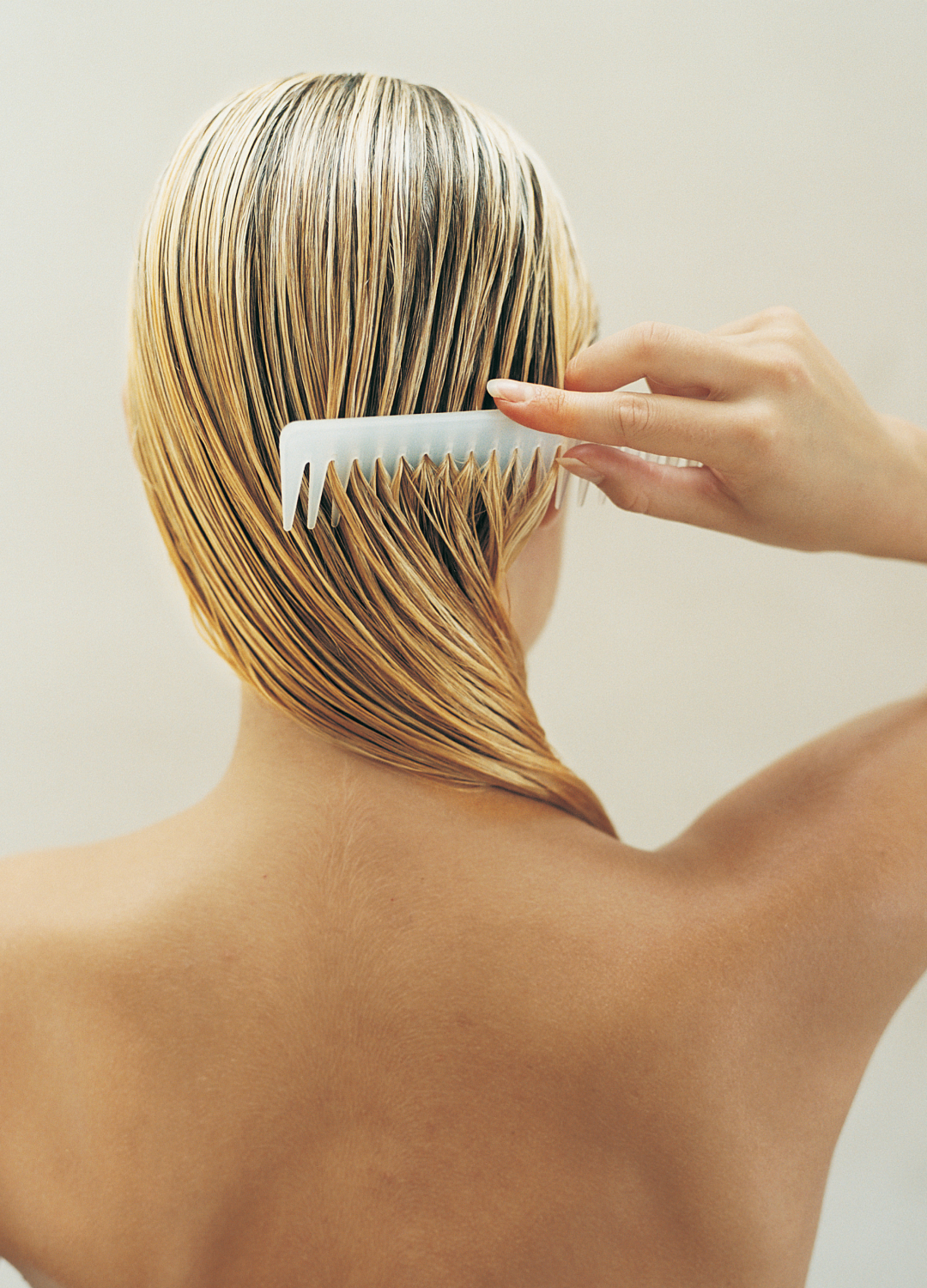
A healthy scalp results from a consistent approach, as with a skincare routine. Work out a plan for when you'll put some extra time into scalp care, whether a lightweight mask or an oil treatment, and stick to it every week to see results. It's also worth planning your hair washing schedule to prevent unnecessary washing and heat on the hair.
Don't ignore warning signs
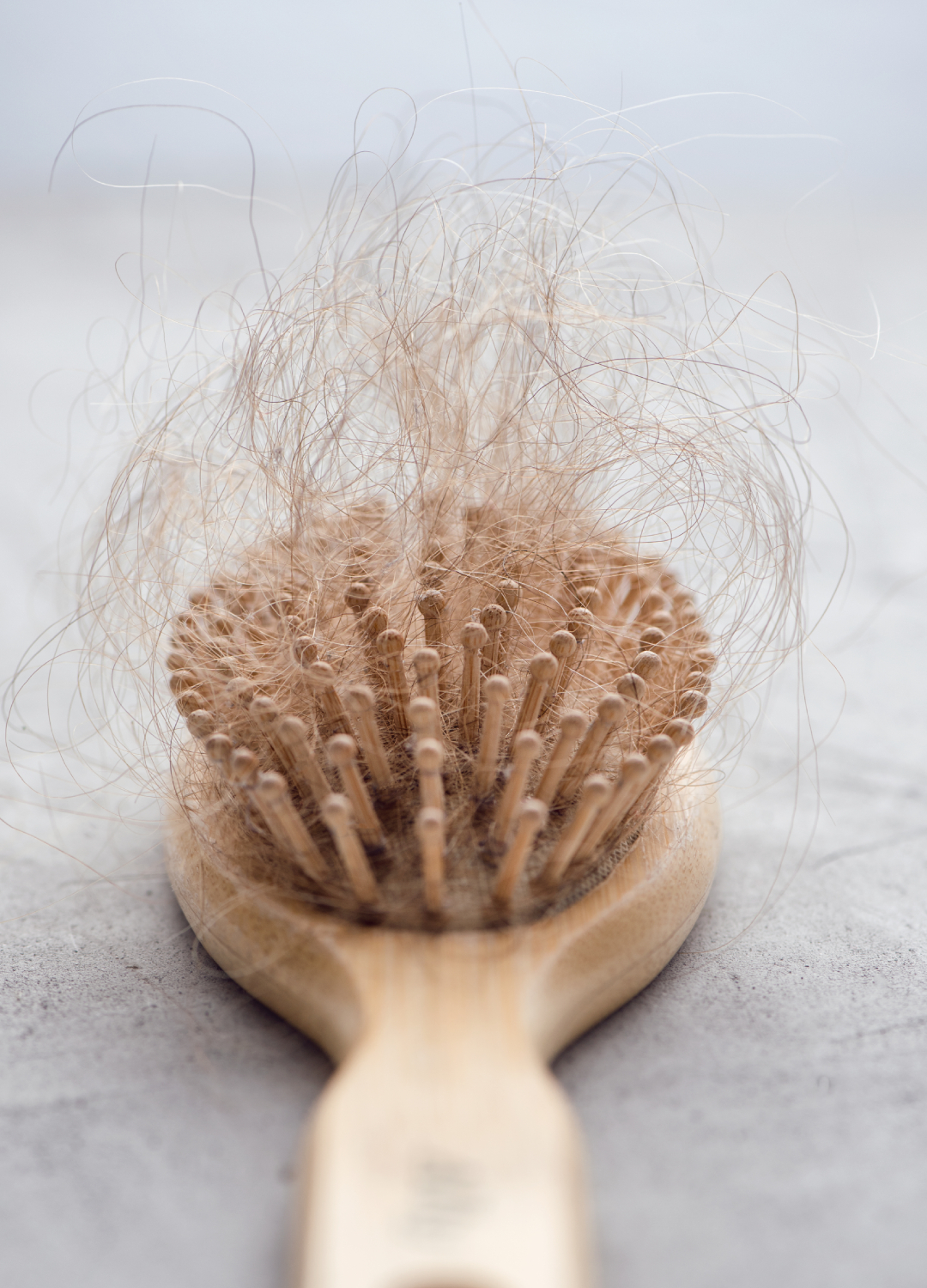
If you notice hair thinning or irritation, act on the first signs and don't let the problem progress. Consult a trichologist if you're worried about your scalp health. They'll be able to advise you on what lifestyle and hair changes you can make to help combat any issues.
Consider investing in a water filter
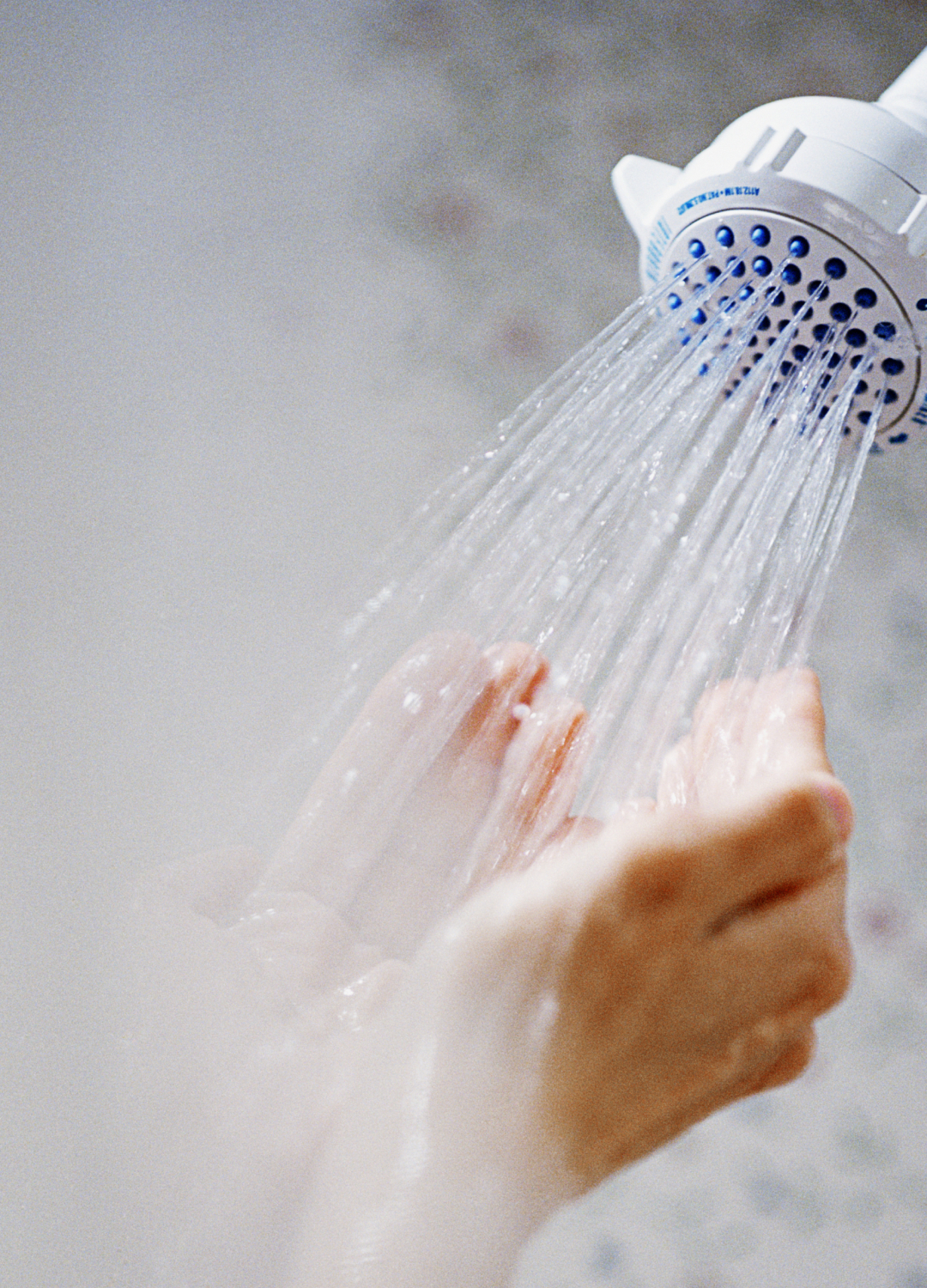
Harsher water can have a drying effect on the scalp - but there are plenty of filters on the market that can help soften the water. There's still research to be done around this area before conclusive results, but brands claim that shower filters can help to pull out the metals from the water before it touches your hair and scalp, resulting in less irritation.
Consider an LED light mask for the scalp

Some anecdotal evidence suggests that using an LED mask for the scalp can improve scalp health (and sometimes hair growth). LED light masks have risen in popularity for the skin on the face; they claim to help boost collagen and encourage the skin on the scalp to heal.
Book a consultation with a dermatologist before making any purchases and do your research online - LED light masks can be expensive, and you need to be comfortable with the investment.
Go easy on the dry shampoo
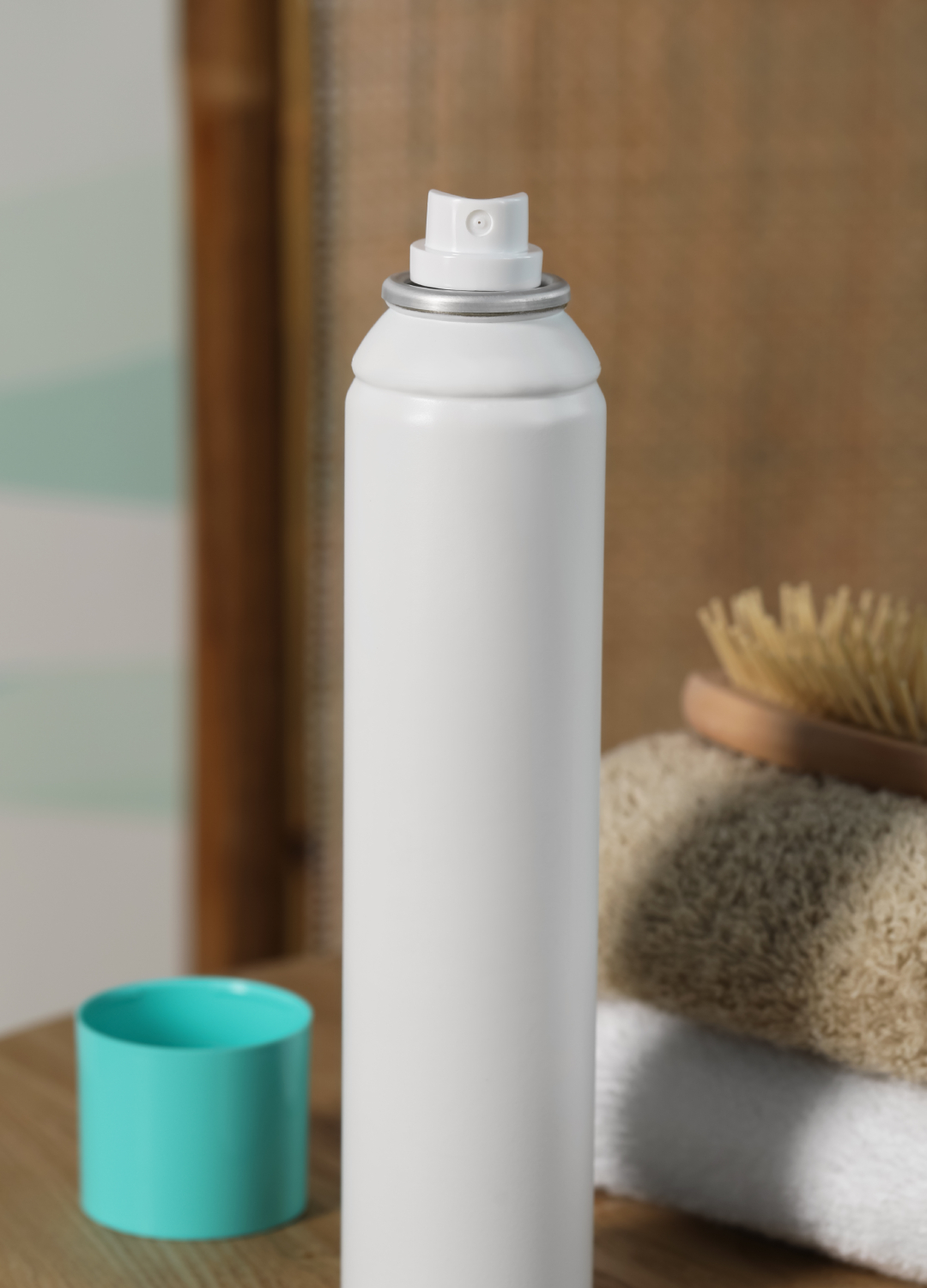
Dry shampoo can be useful when it comes to controlling grease, but if too much builds up on the scalp with a powdery residue, it can be harmful. Excess products in any form can irritate the scalp and block pores, so sleeping in dry shampoo is a big no. Use it sparingly between washes, and make sure to thoroughly cleanse the scalp when you do wash your hair.
Use soft scrunchies instead of bands
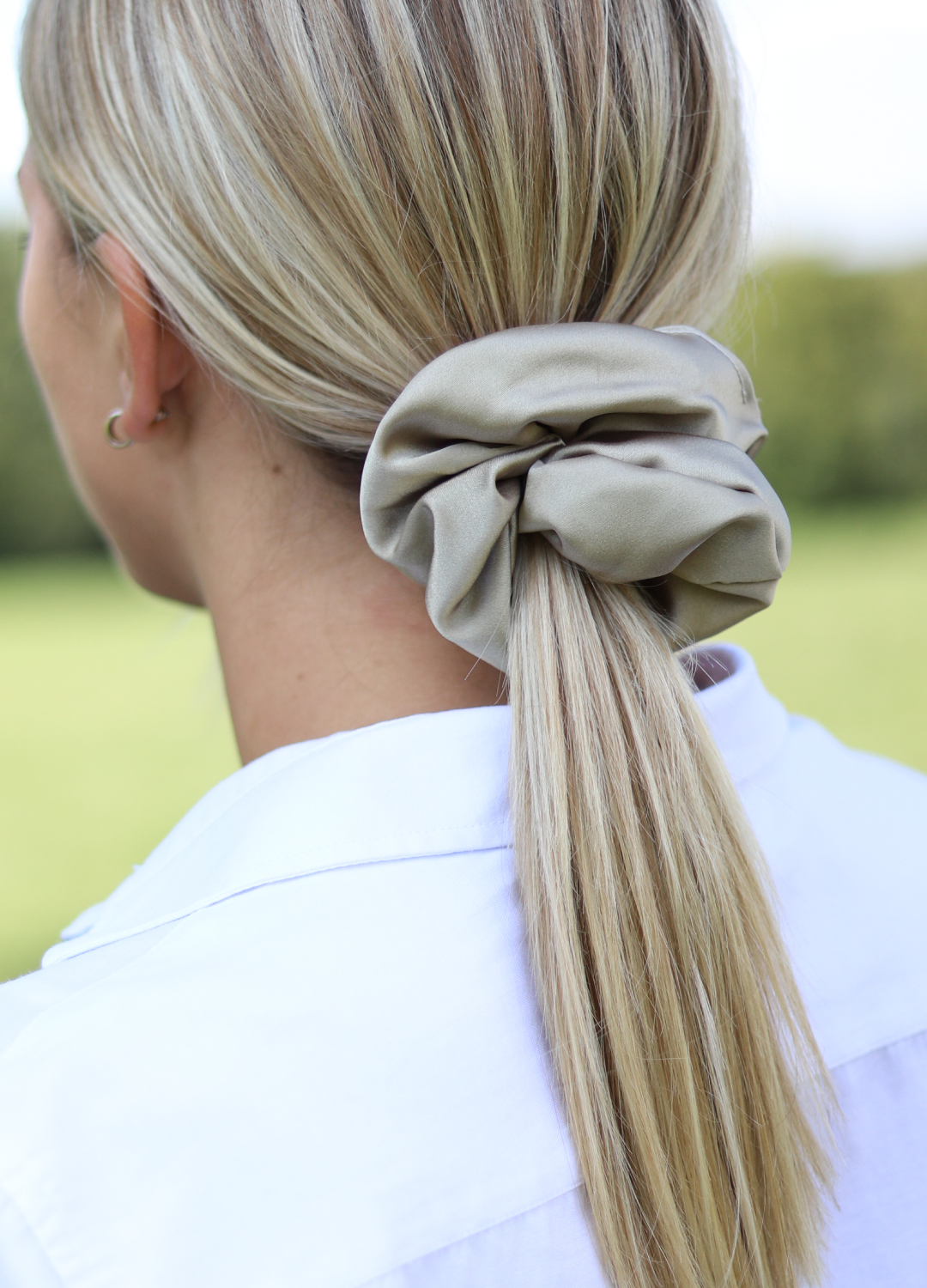
Tight hairstyles, especially if you wear them all the time can be bad news for your scalp and create additional pressure. Softer scrunchies are a better option if you want to put your hair up. Opt for silk or satin materials that will be kinder to the hair.
Consider a silk pillowcase
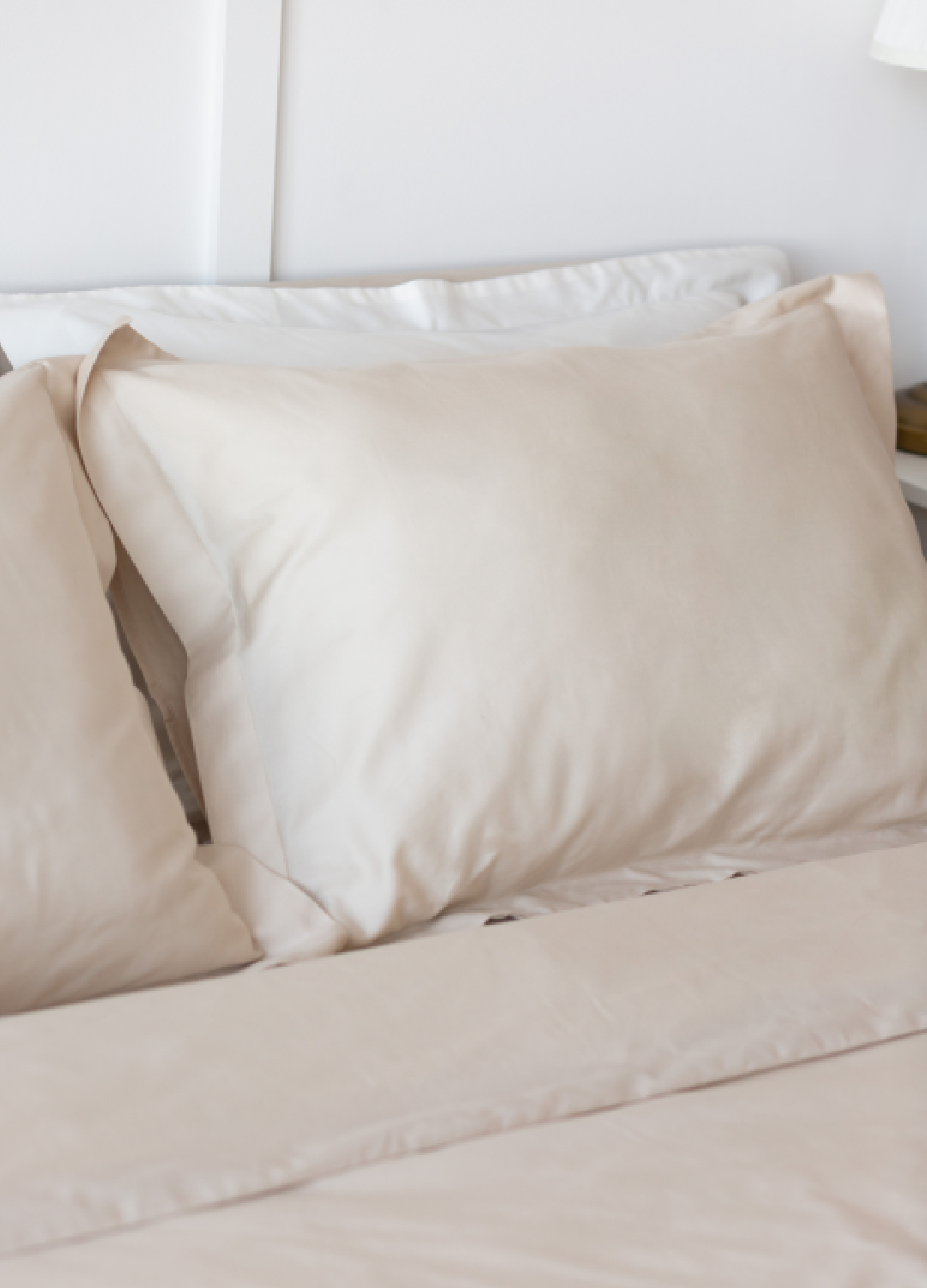
Rougher materials like cotton can cause more friction on the hair, which is why many people are now opting for silk pillowcases that are kinder to your skin - both on your face and scalp.
Change your pillowcase regularly
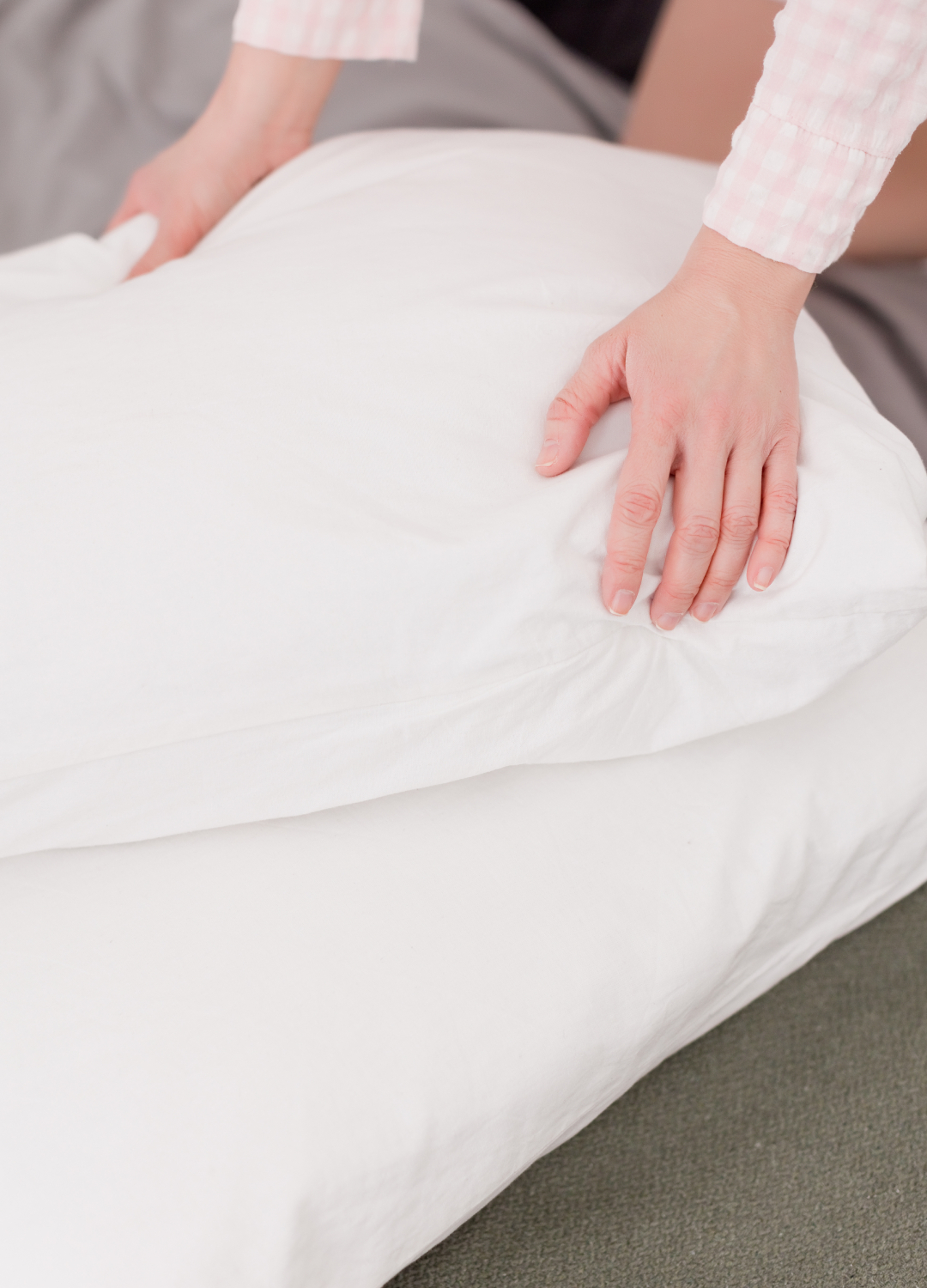
We should change our sheets at least once a week - and pillowcases should be changed even more often. Bacteria can quickly build up on pillowcases, especially if we sleep in a warm environment, use heavy-weight skincare at night, or allow pets in the bed. To keep things hygienic, change your pillowcases every three to five days.
Stay away from greasy foods

Like the skin on our face, a greasy scalp or spots on the scalp could result from our diet - and we all know greasy, processed foods are bad news for skin health. Aim to have a diet rich in fresh, whole foods that will boost your overall health and, in turn, your scalp health.
Lauren is the former Deputy Digital Editor at woman&home and became a journalist mainly because she enjoys being nosy. With a background in features journalism, Lauren worked on the woman&home brand for four years before going freelance. Before woman&home Lauren worked across a variety of women's lifestyle titles, including GoodTo, Woman's Own, and Woman magazine.
-
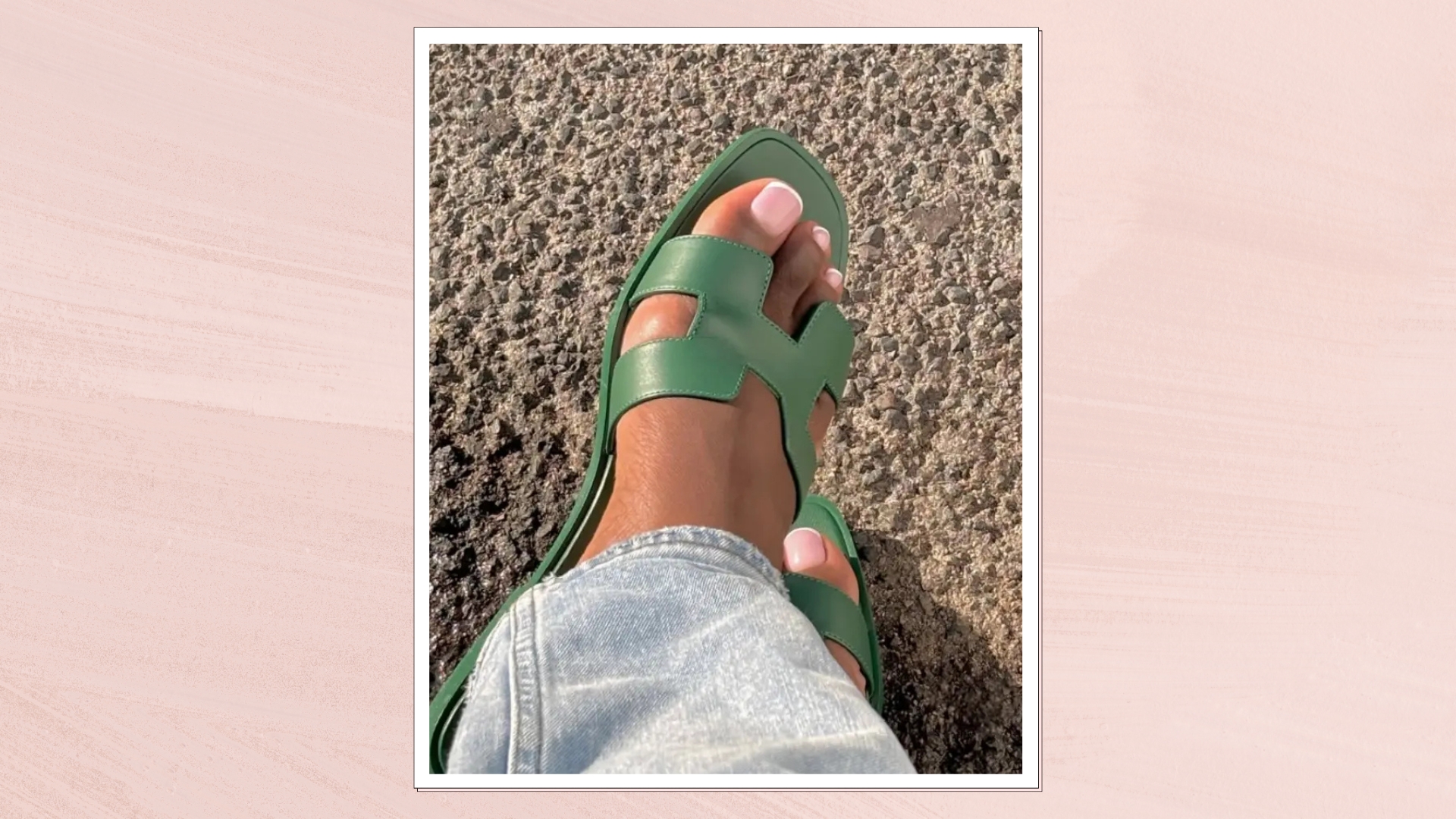 Need inspiration for your final spring pedicure? These are the luxe colours a celeb nail artist says are most in-demand
Need inspiration for your final spring pedicure? These are the luxe colours a celeb nail artist says are most in-demandFrom bright coral to trendy pistachio, consider these 6 spring pedicure colours - before summer's palette arrives...
-
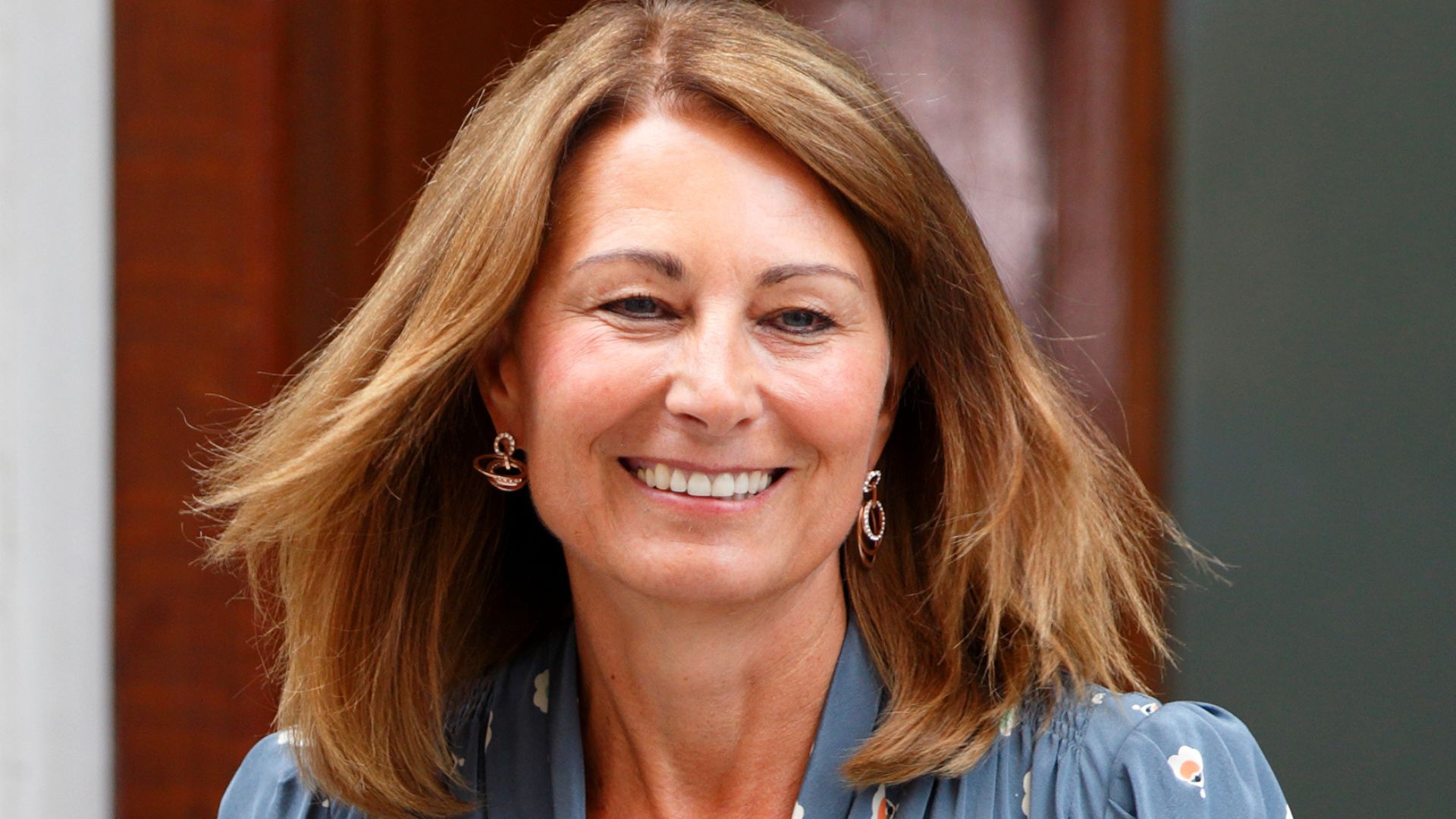 Carole Middleton's trusty trick for elevating straight leg jeans is one we always come back to
Carole Middleton's trusty trick for elevating straight leg jeans is one we always come back toKate Middleton's mom expertly elevated her dark wash blue jeans, offsetting the casual raw hem of the pants with a chic, sleek accessory that we're fans of